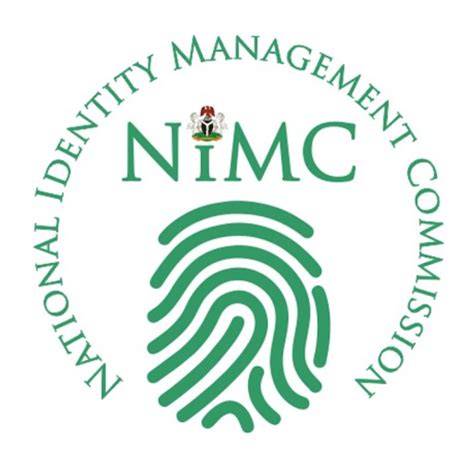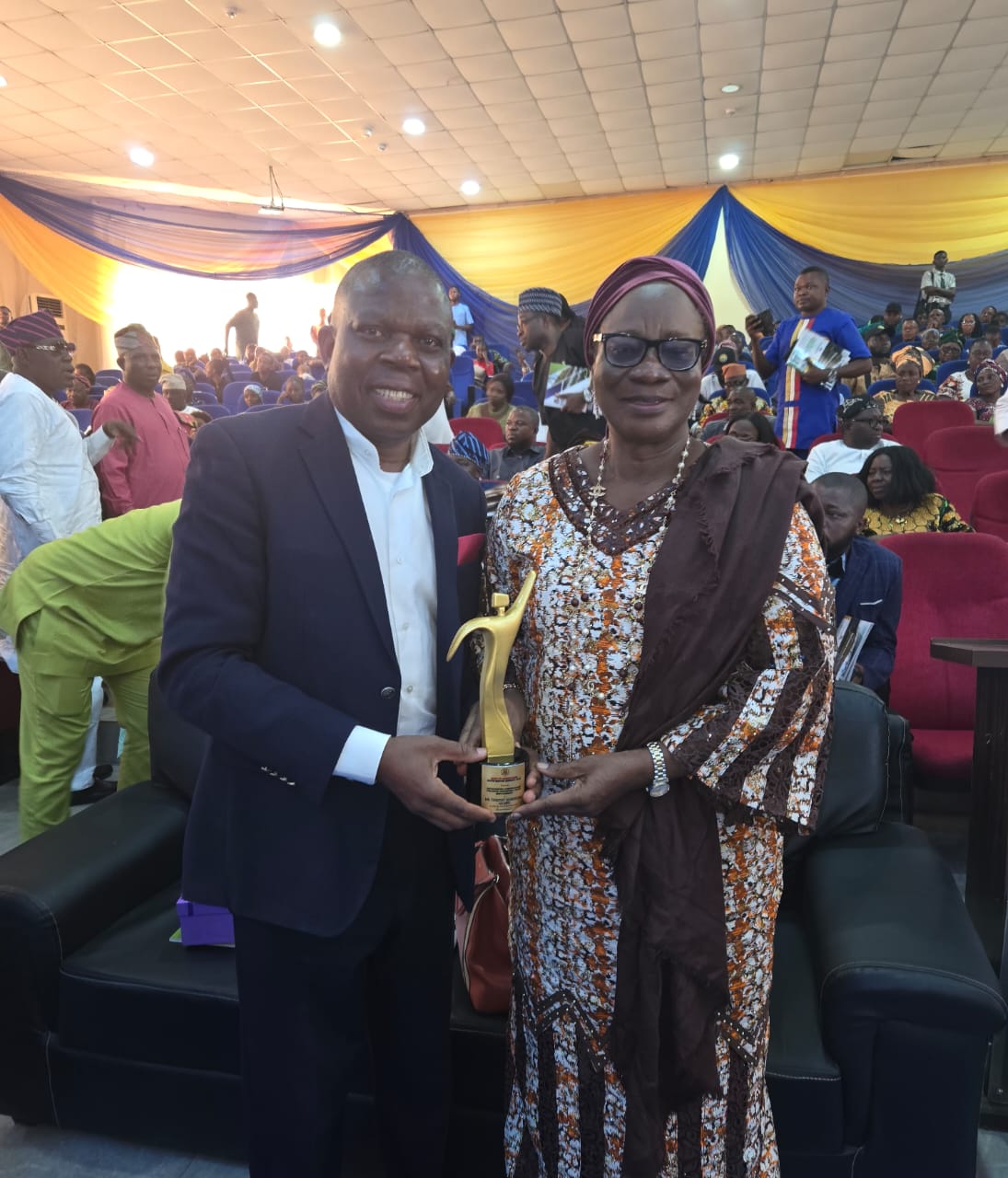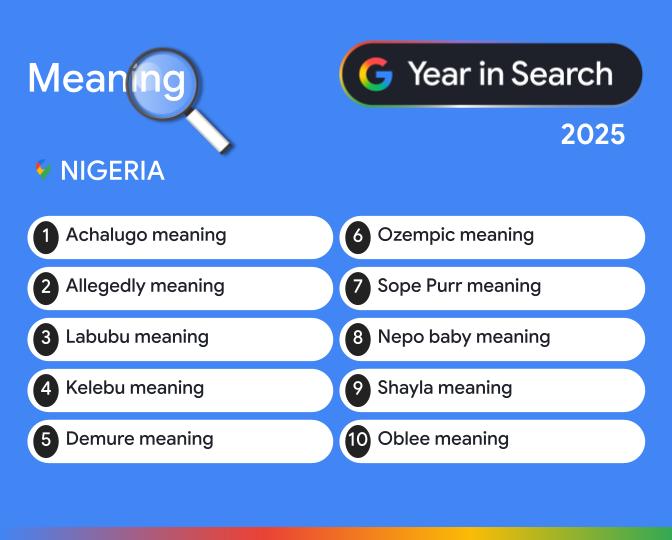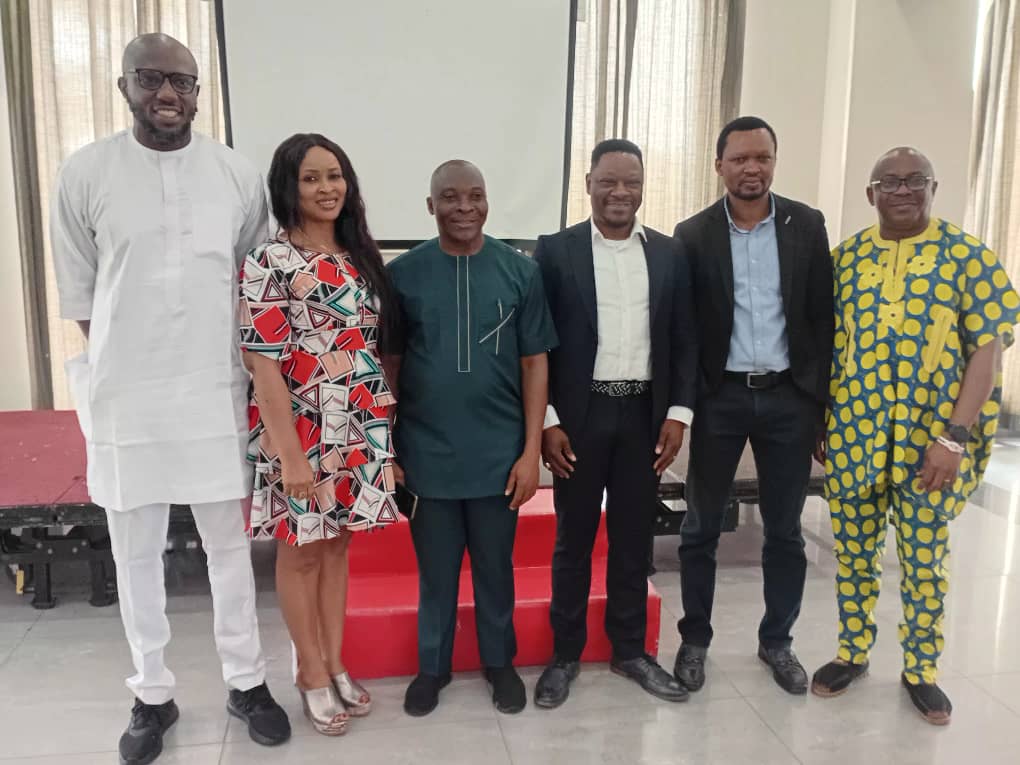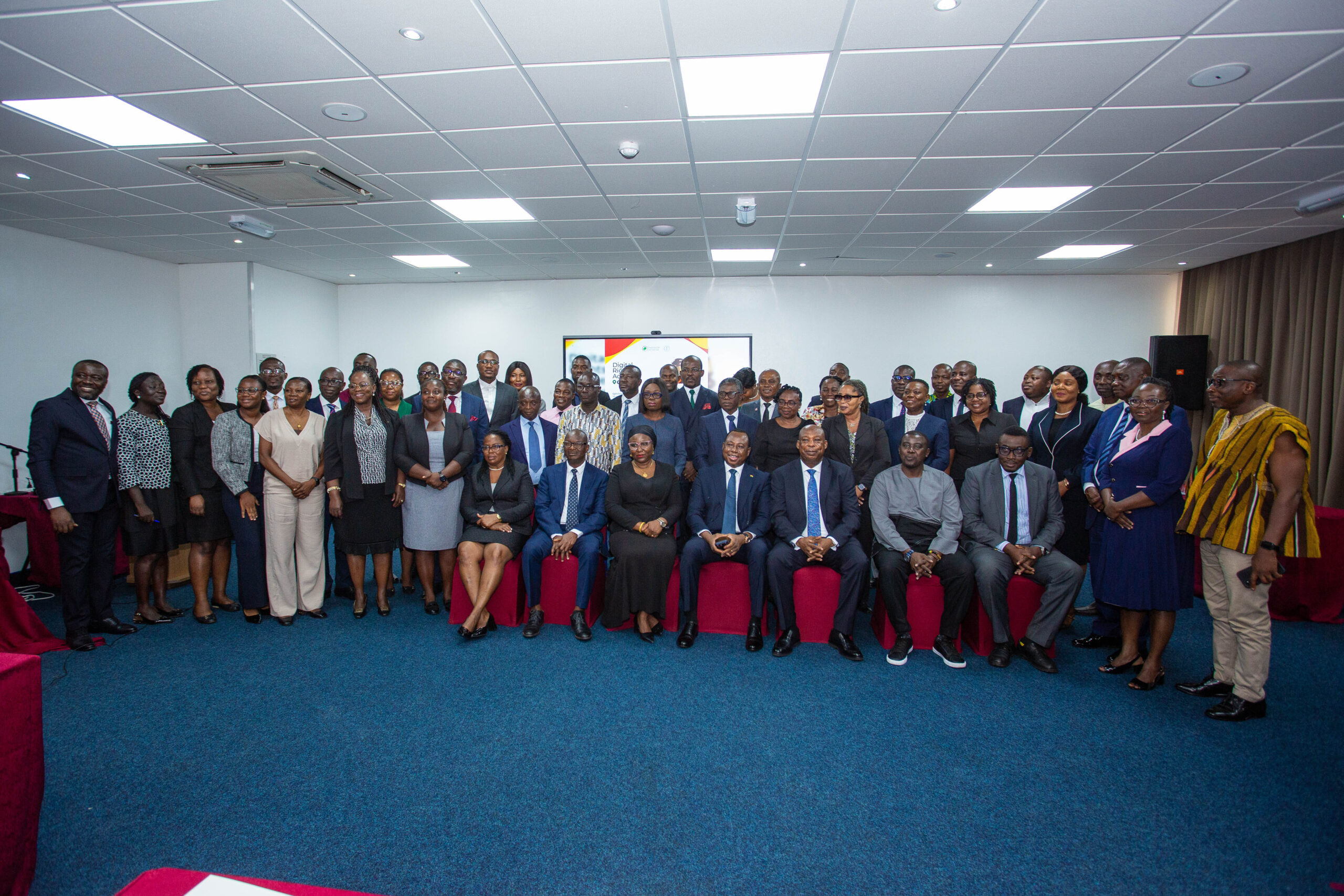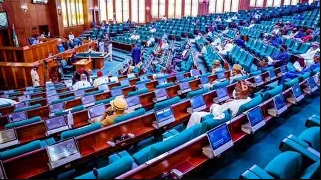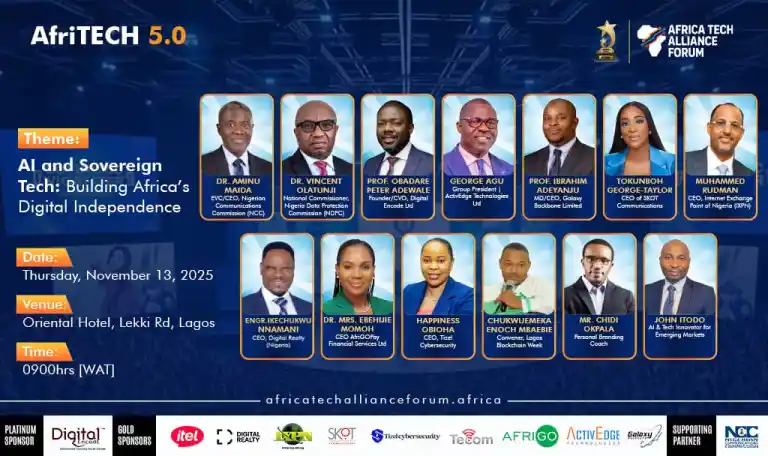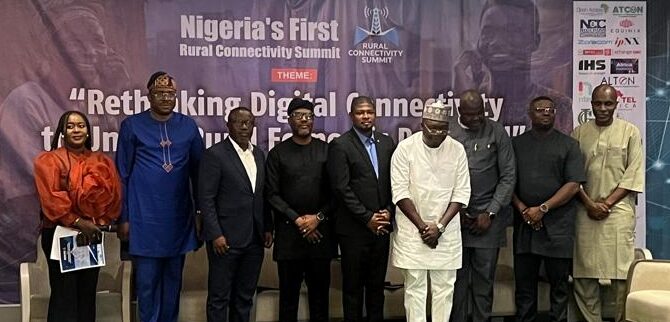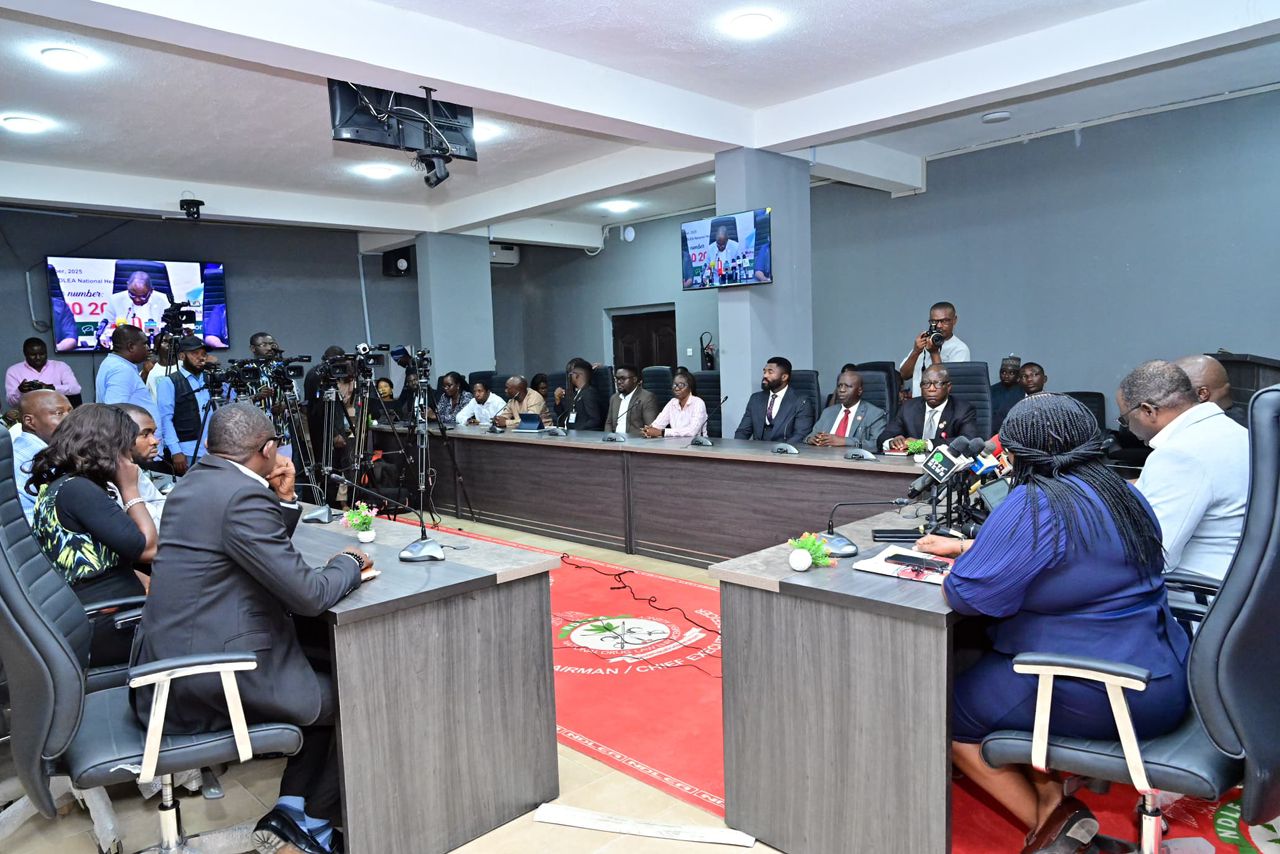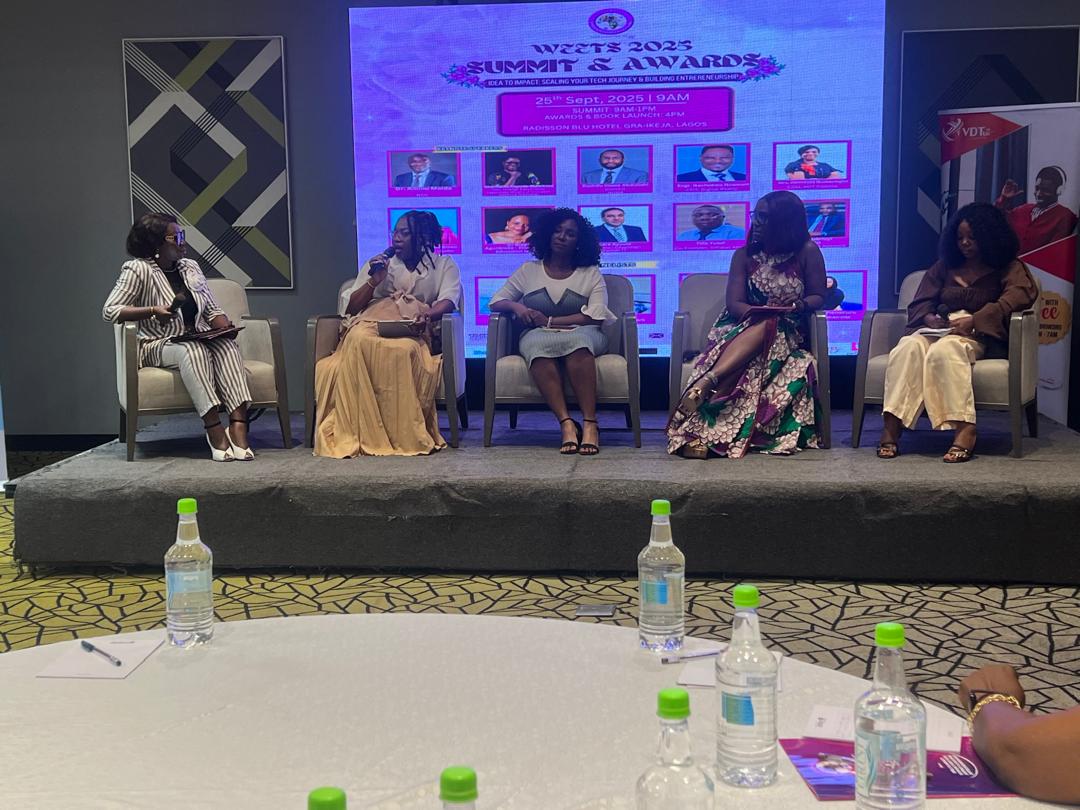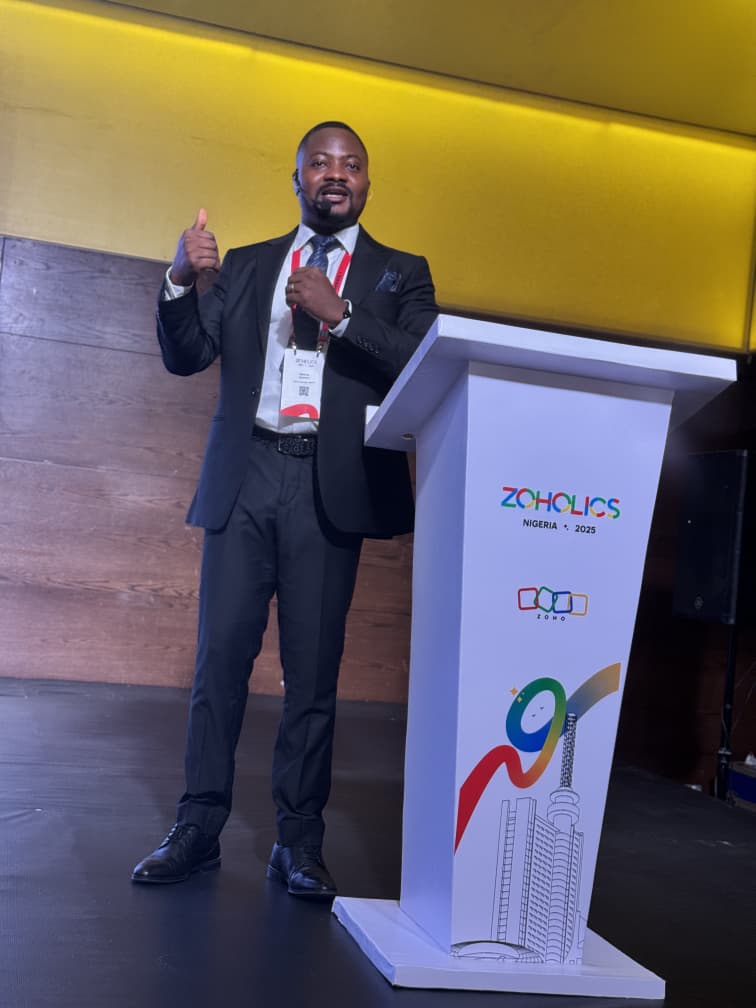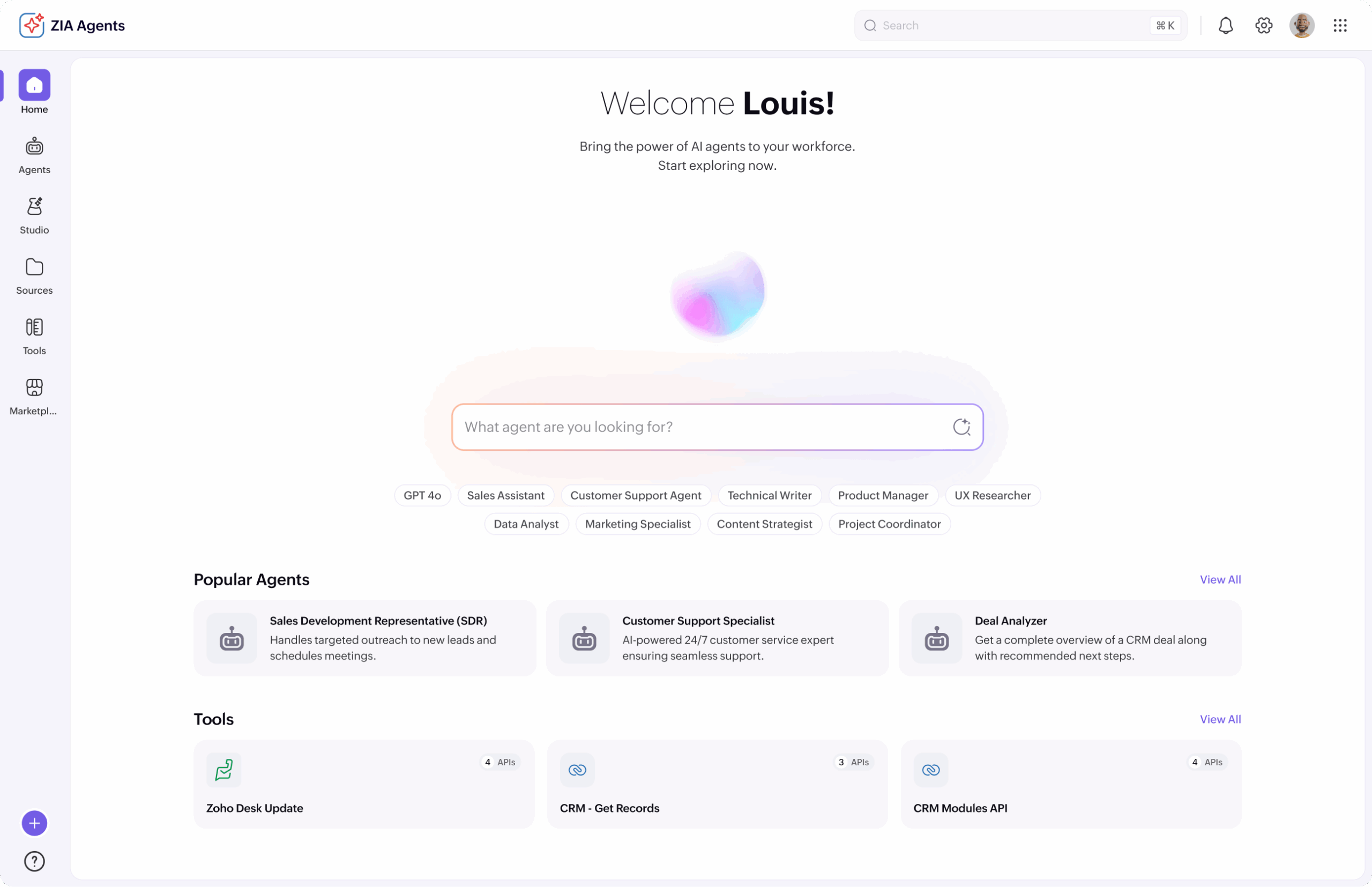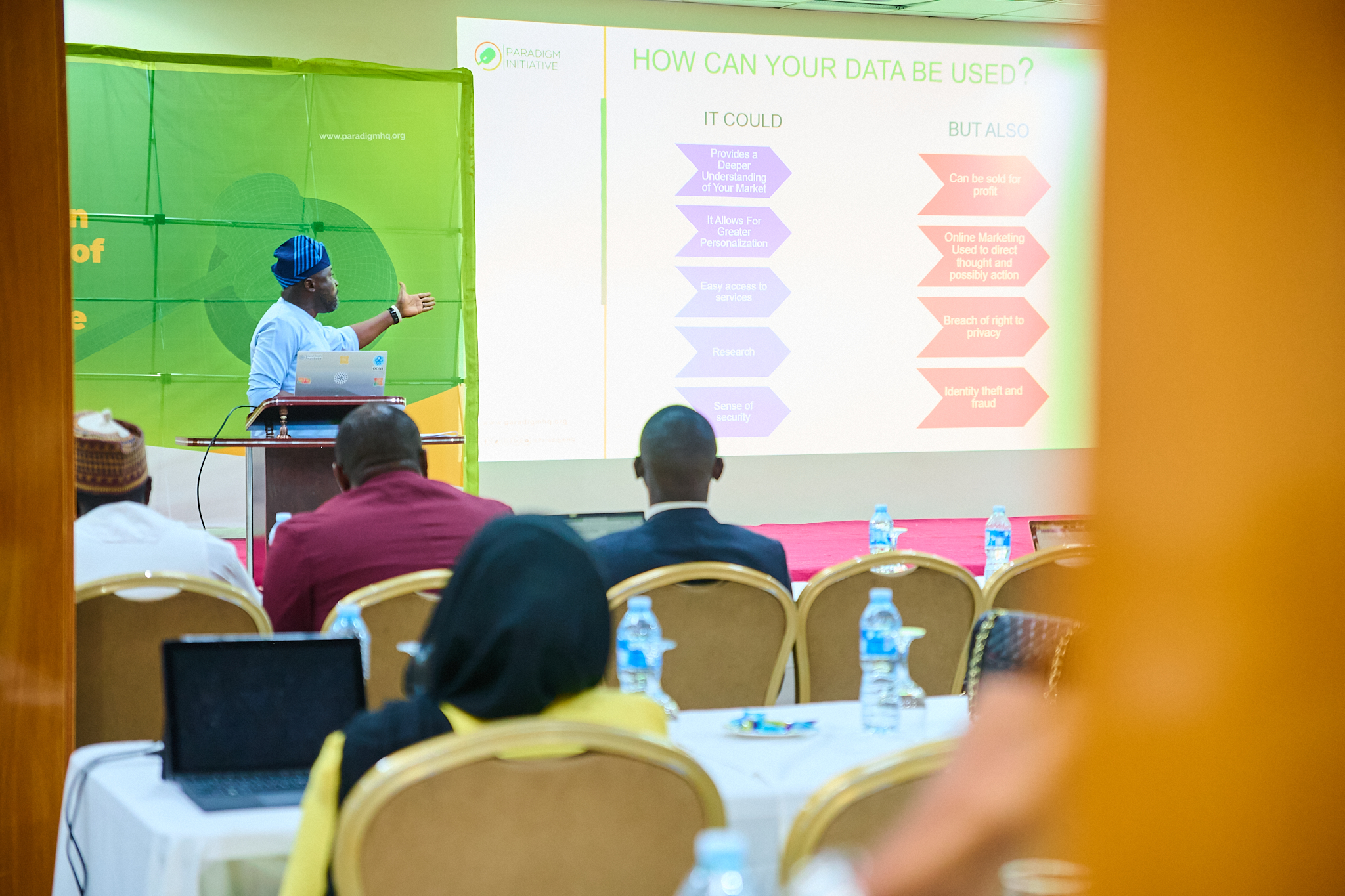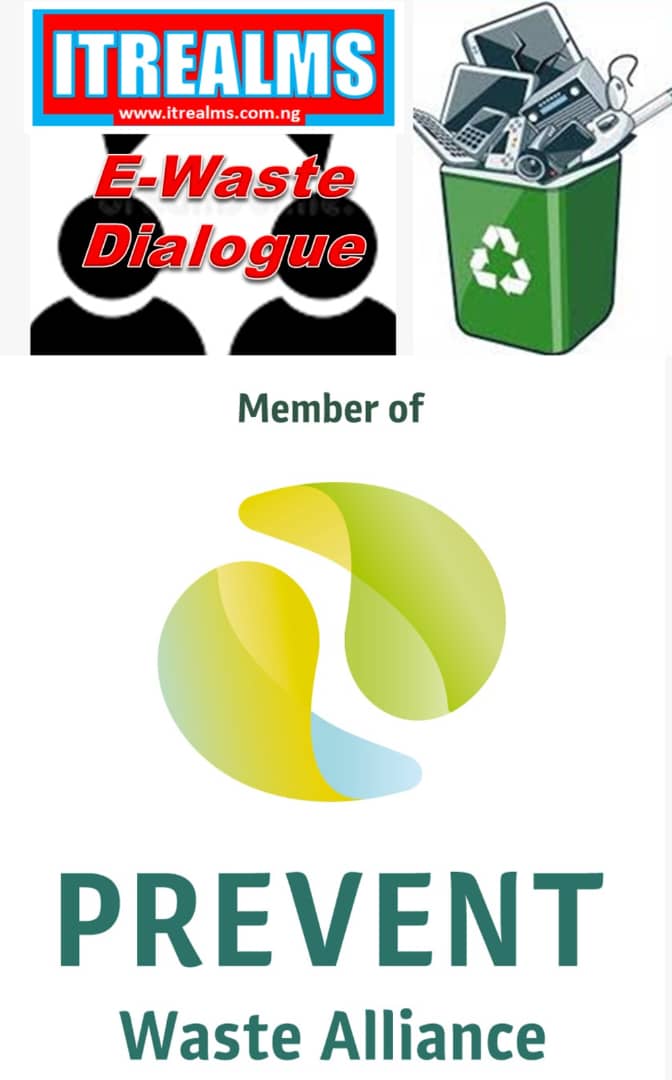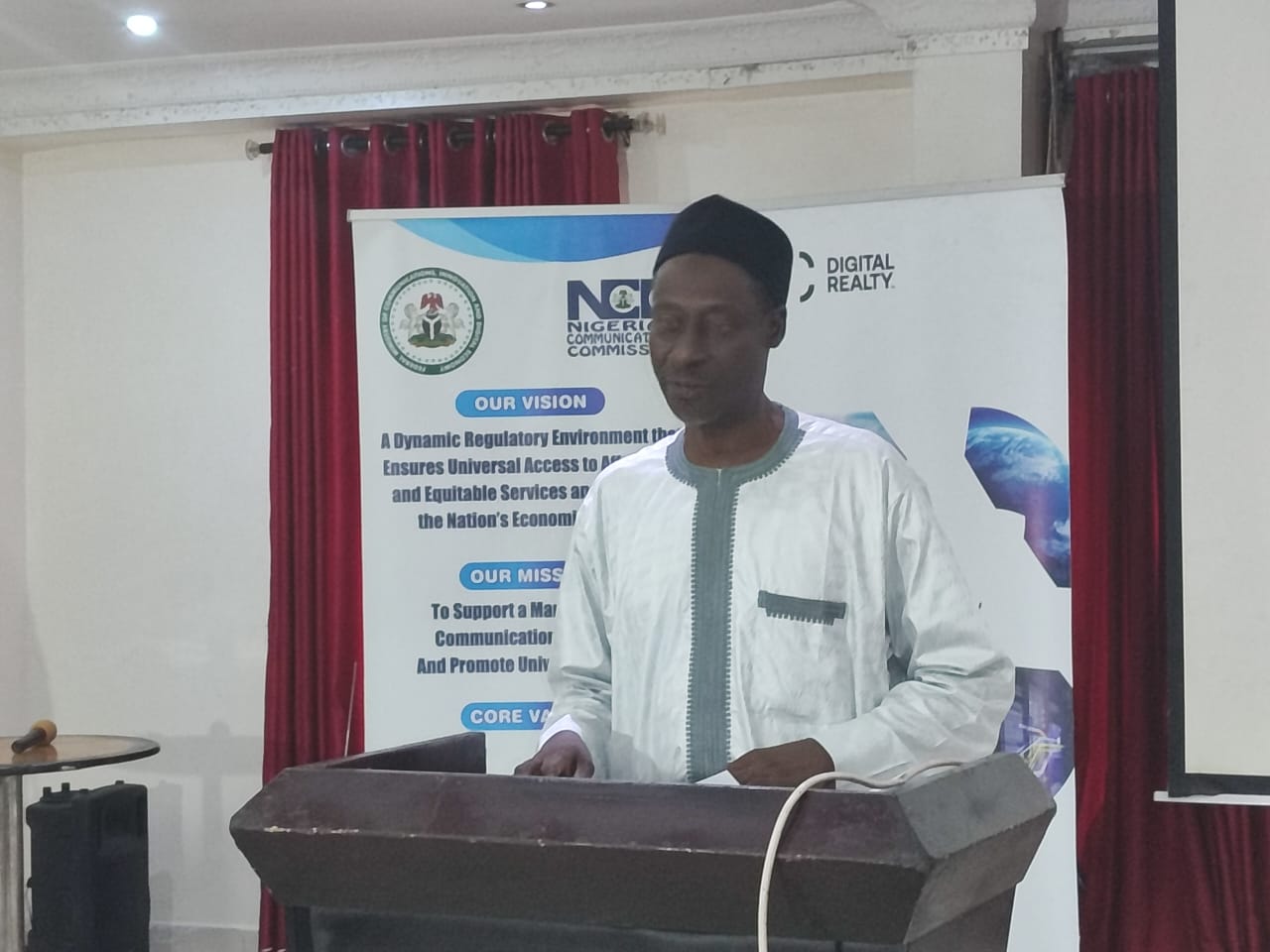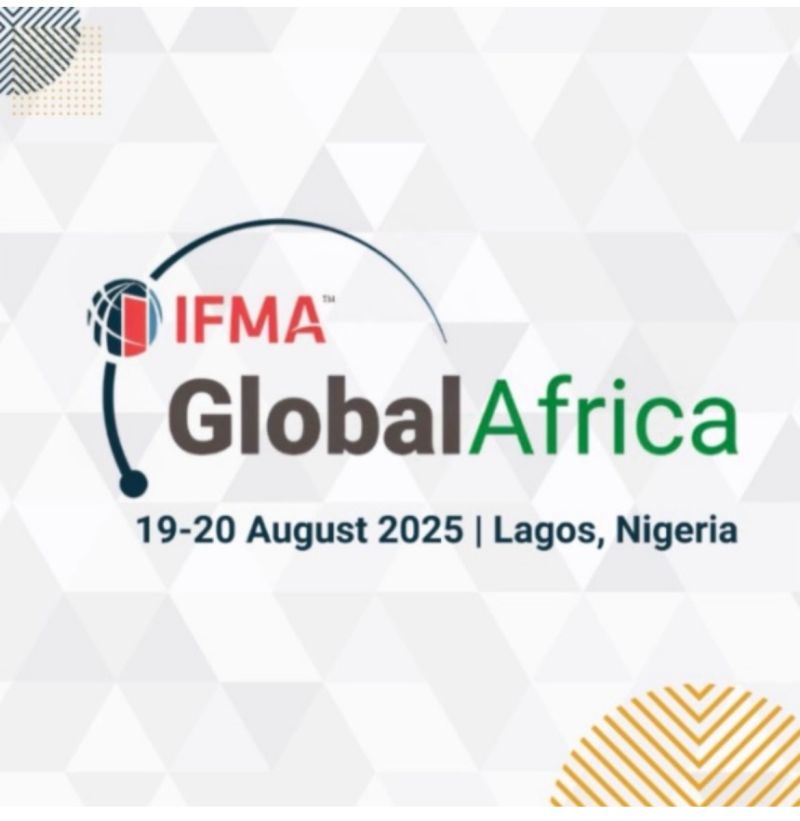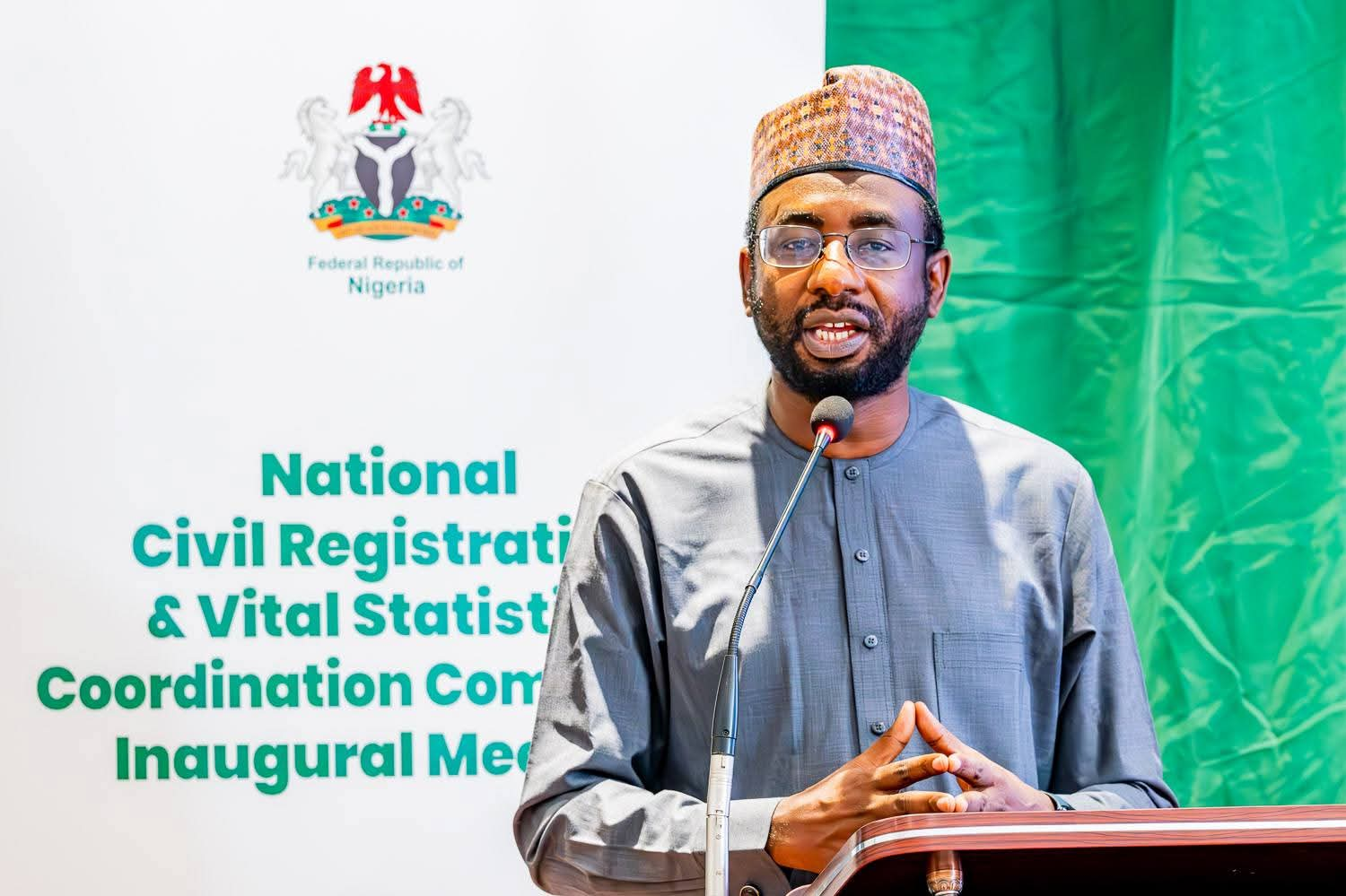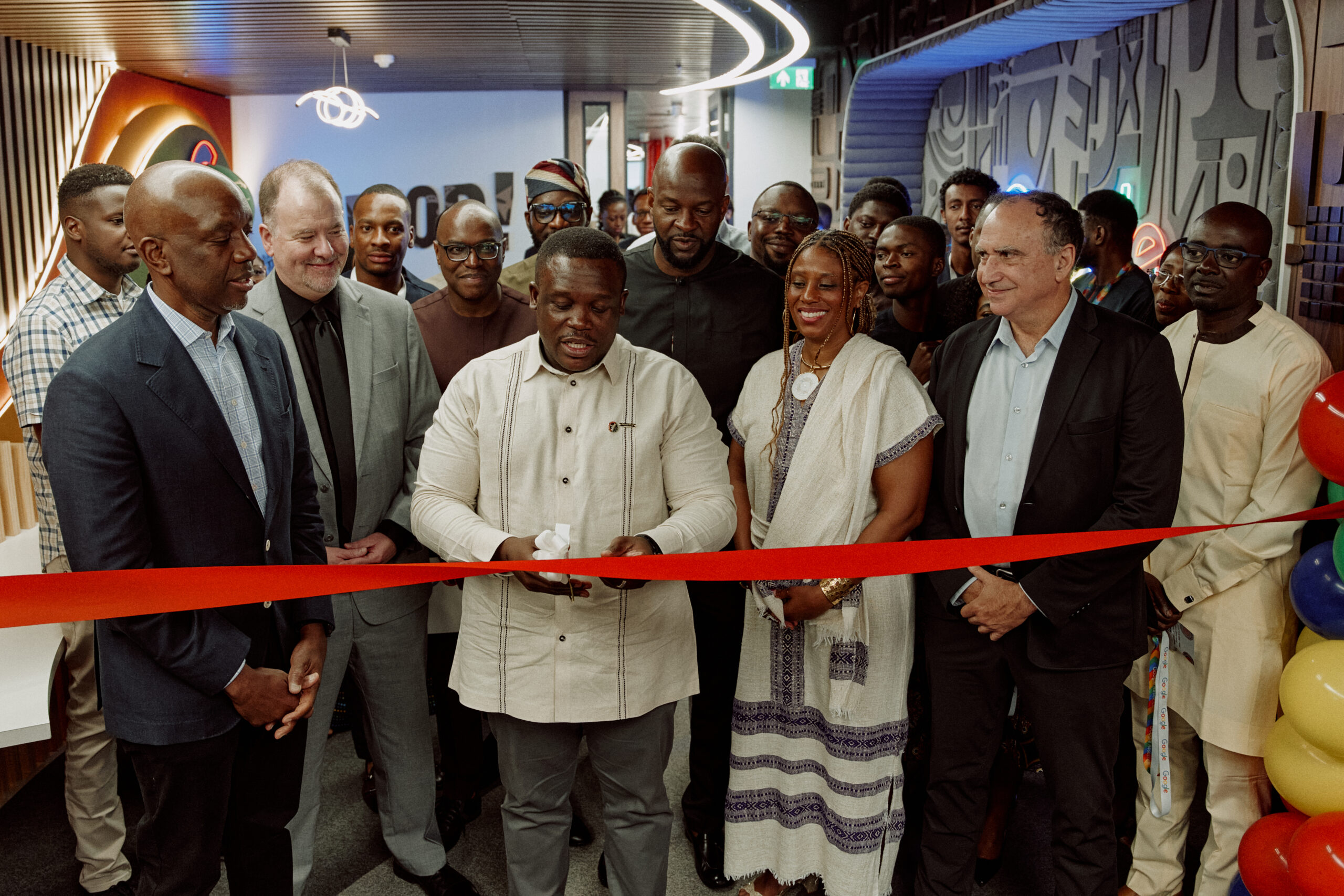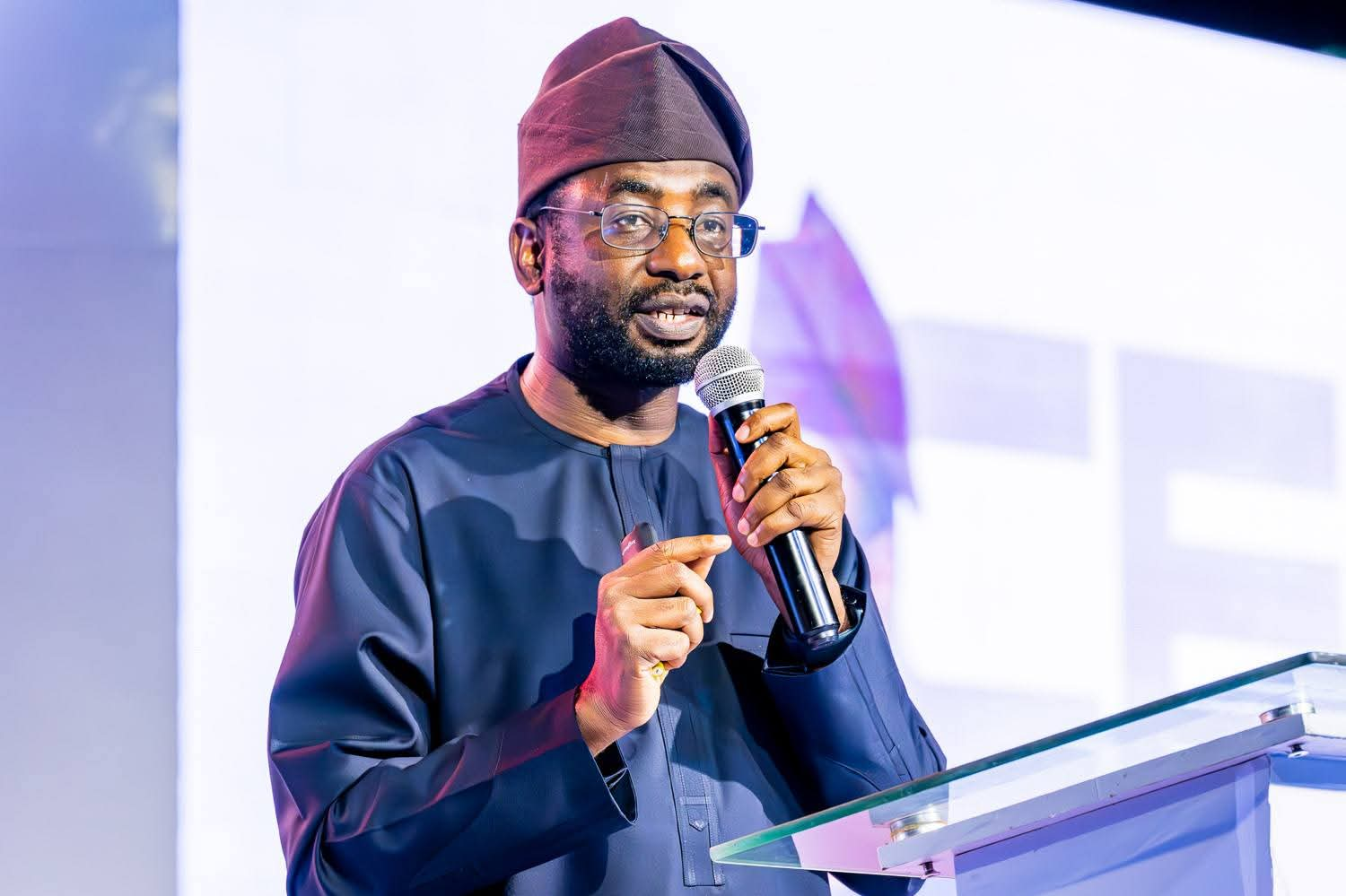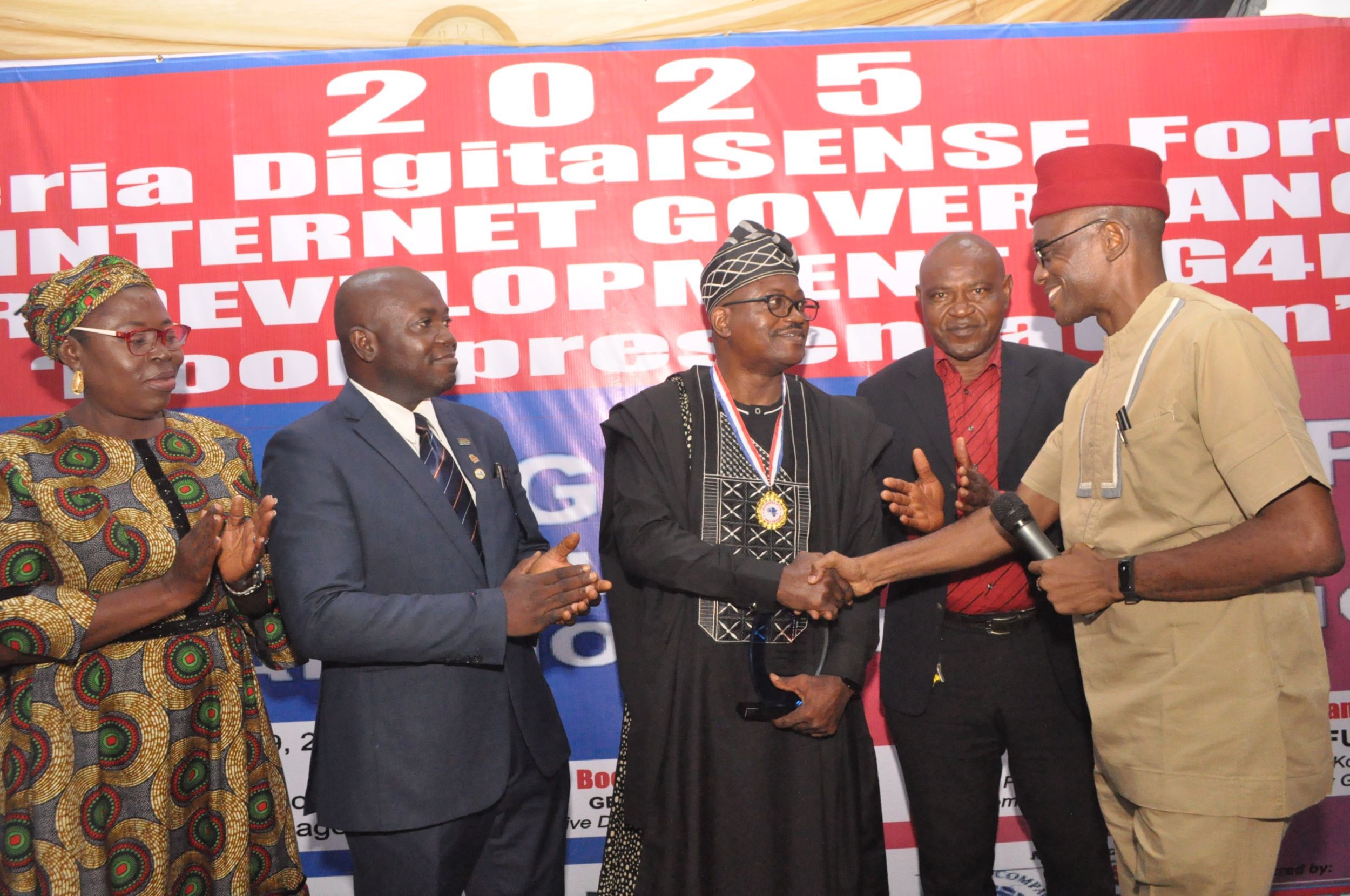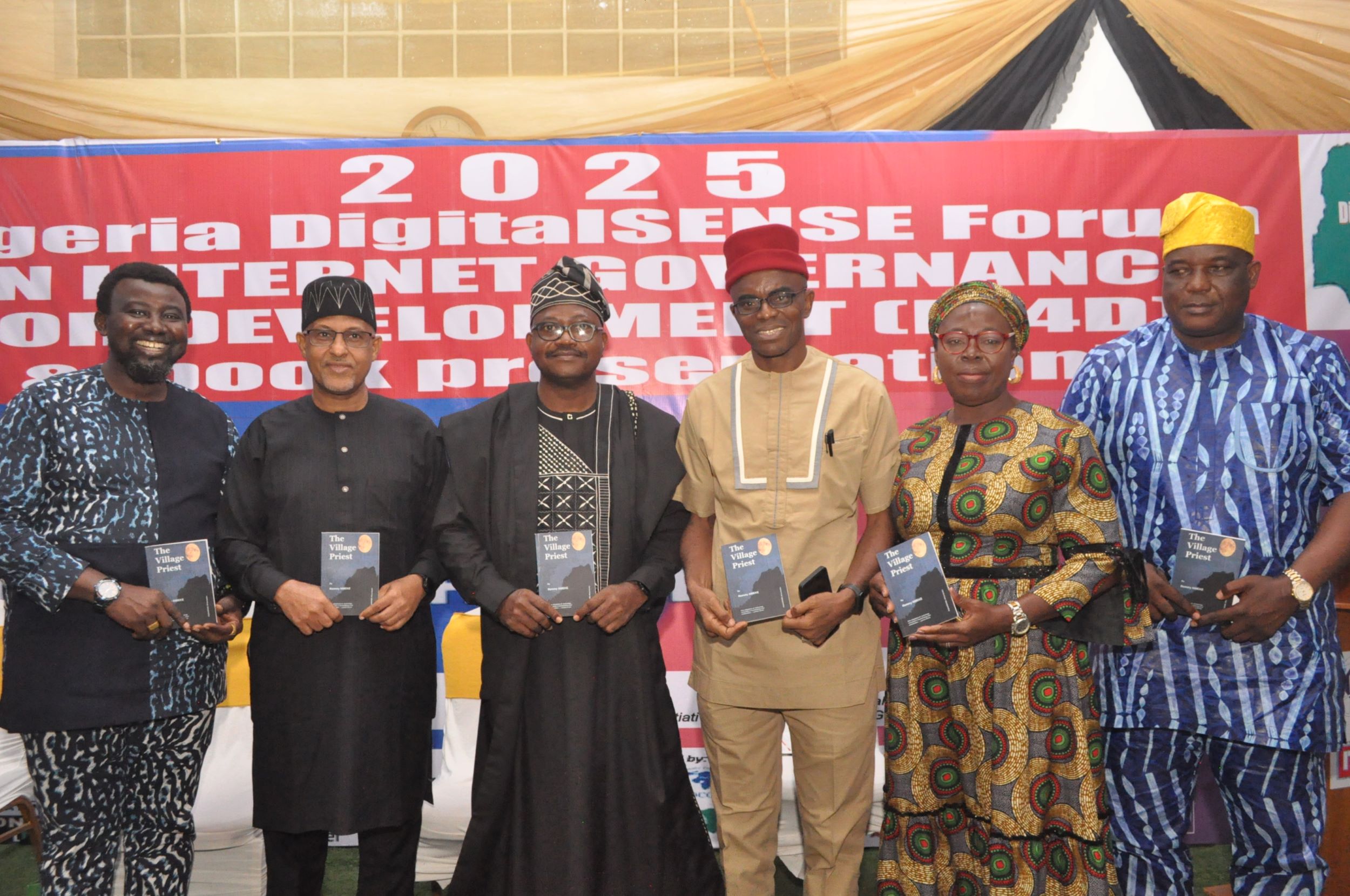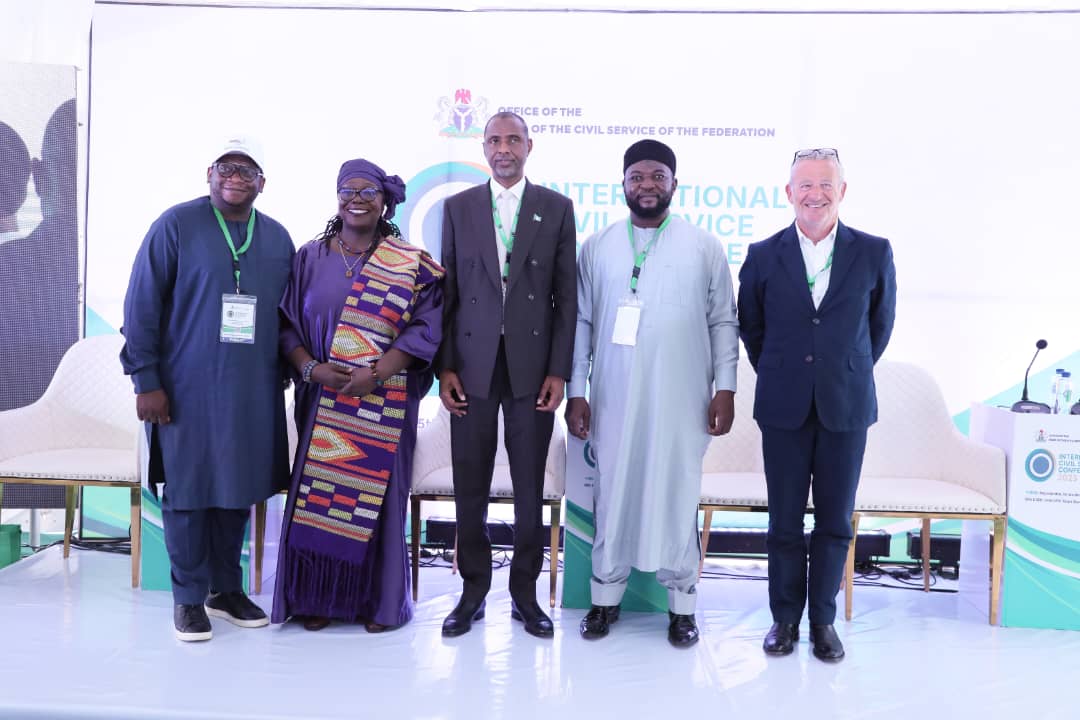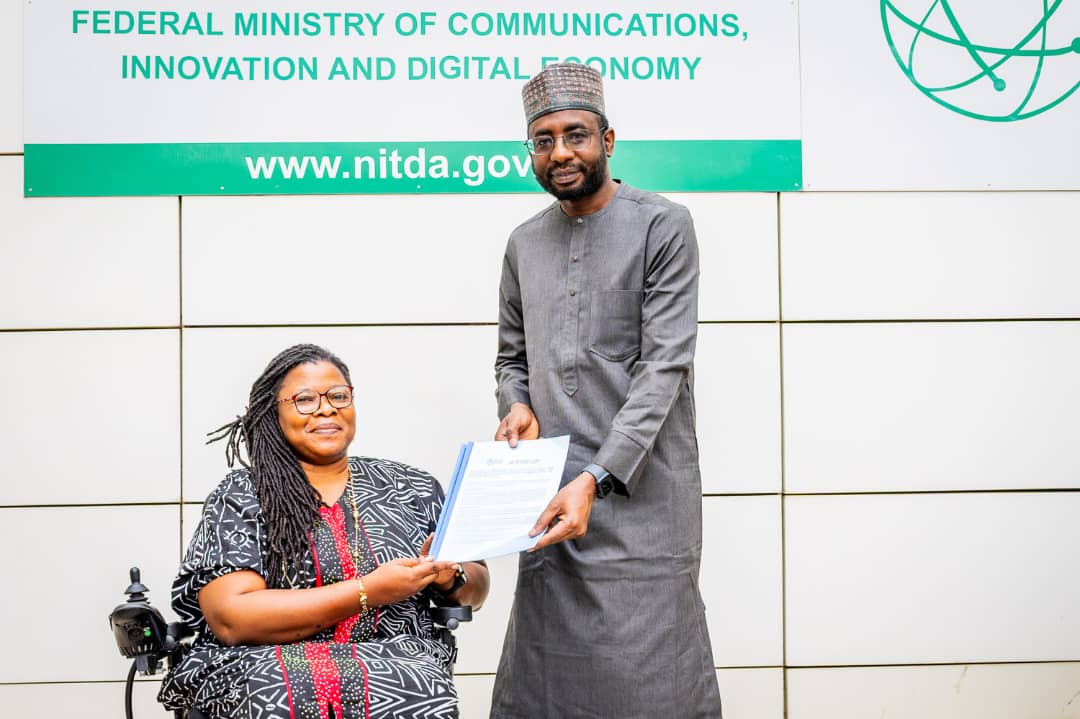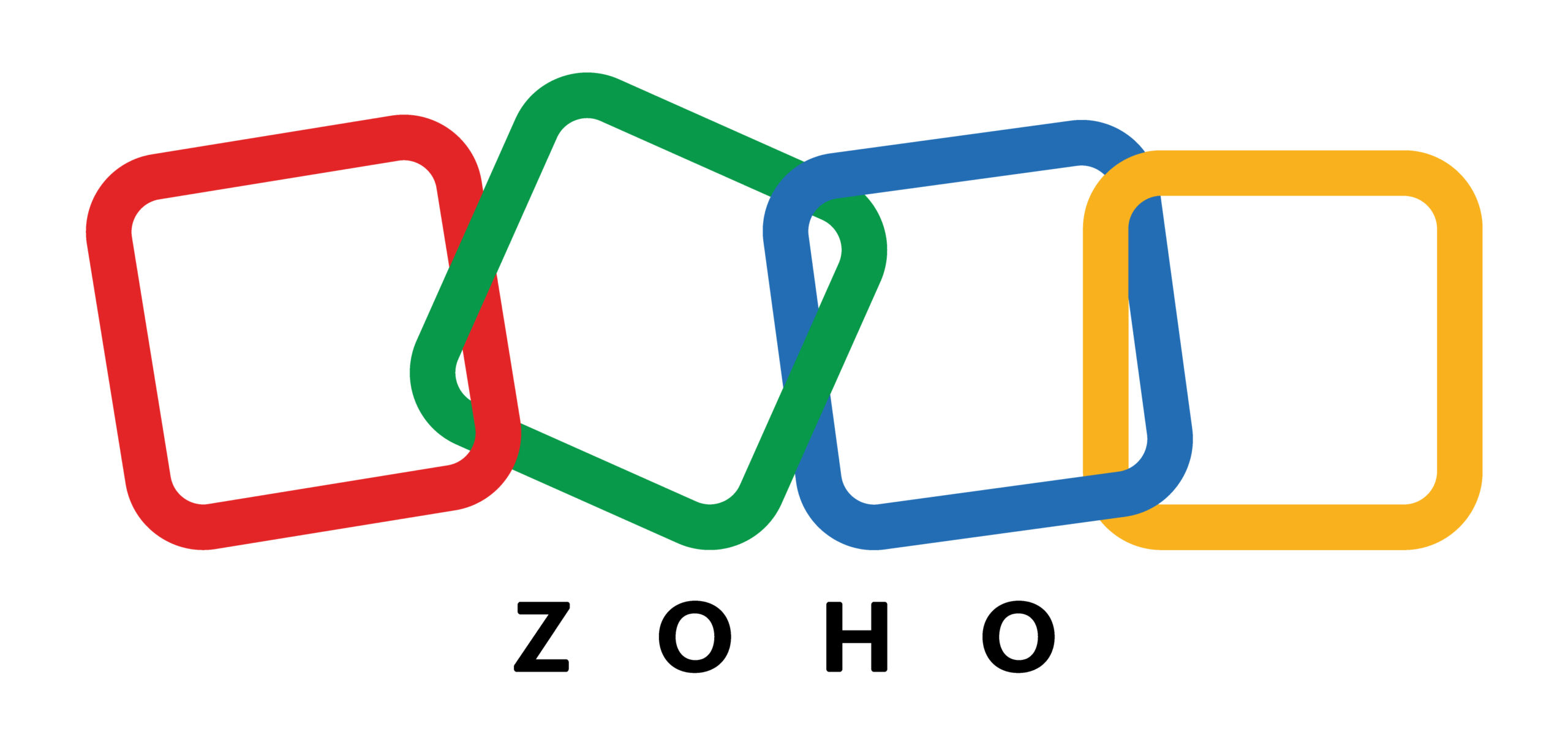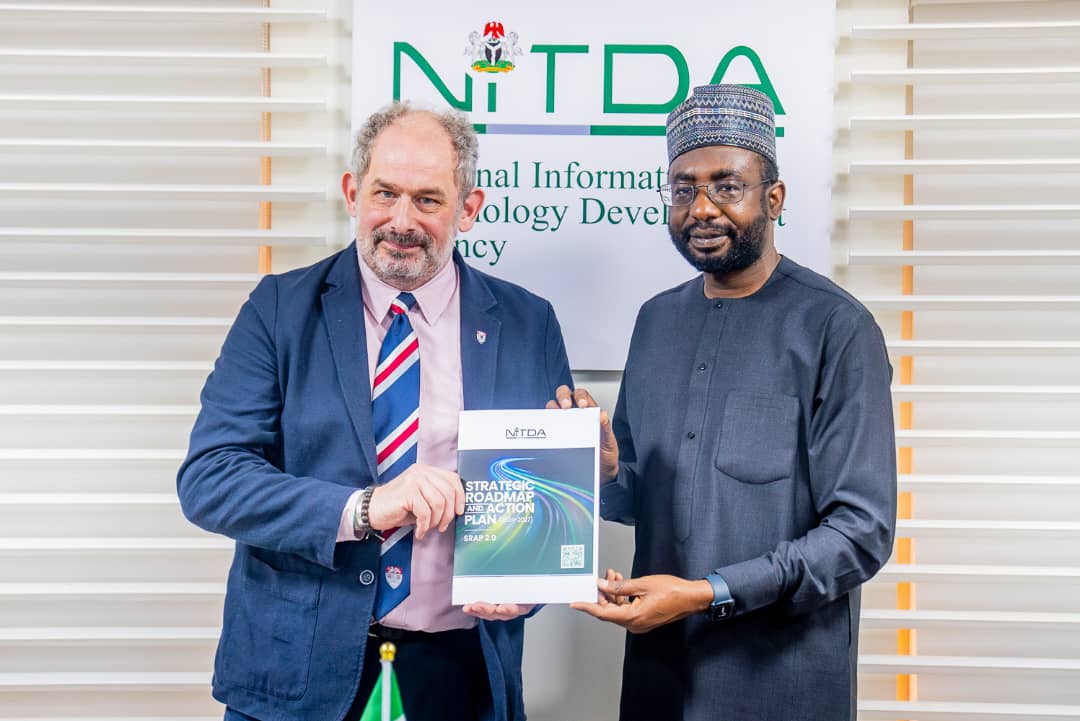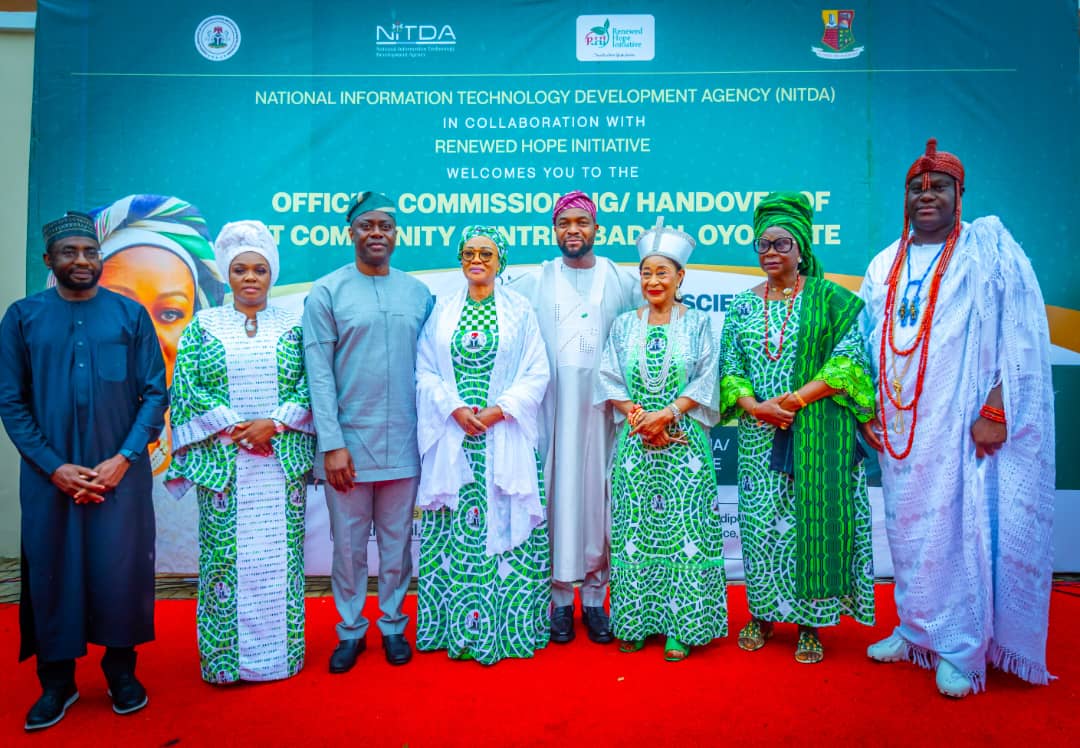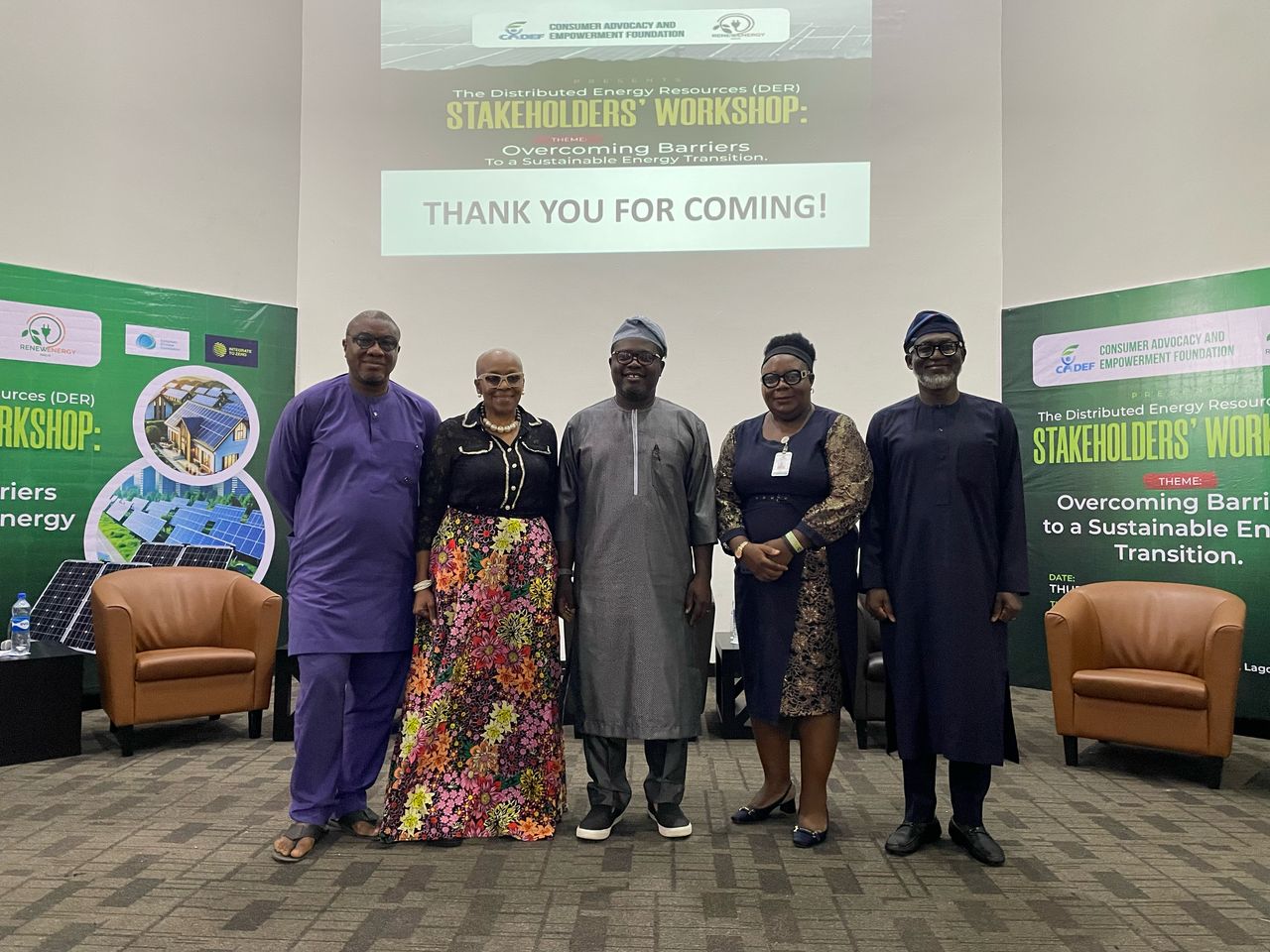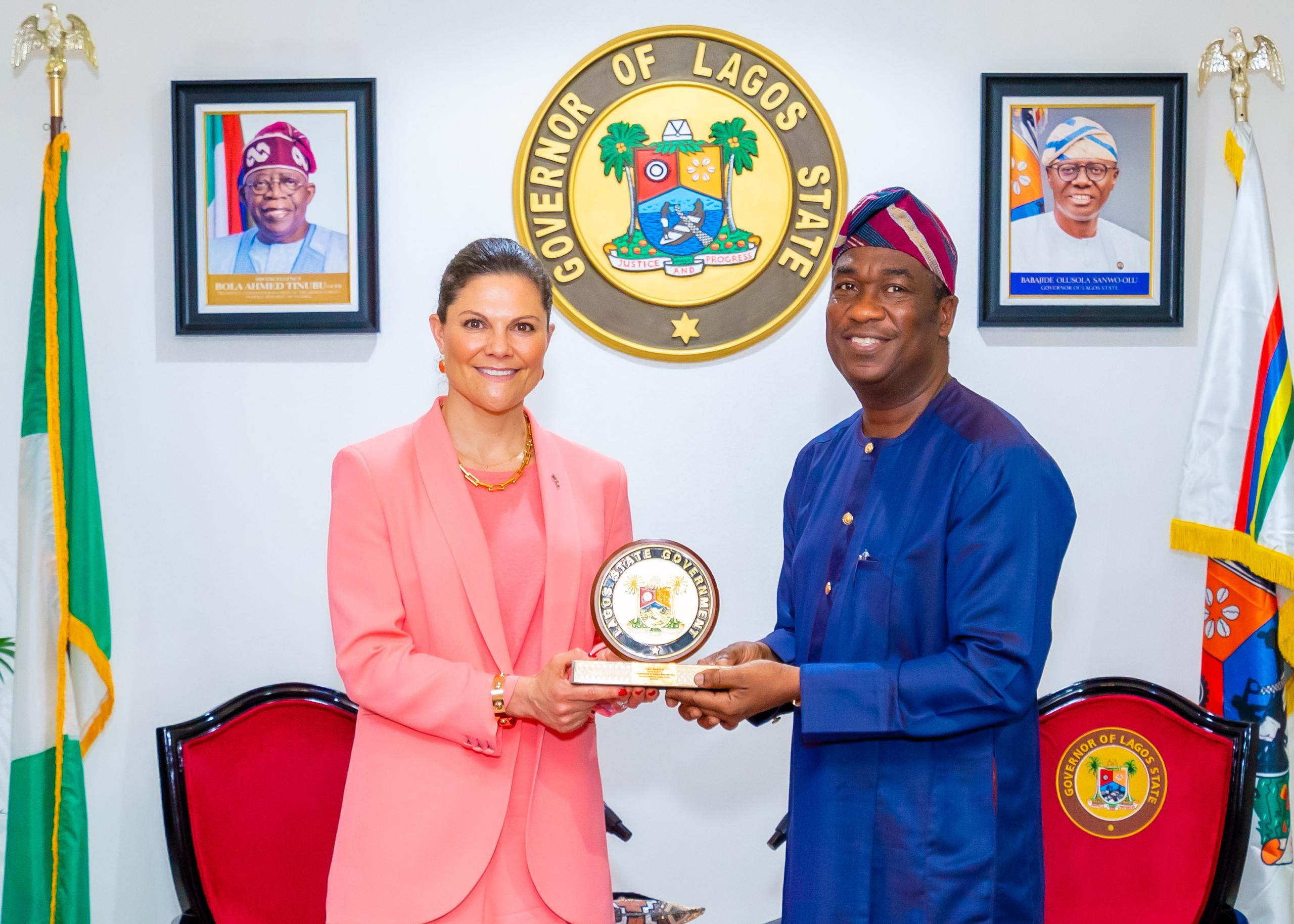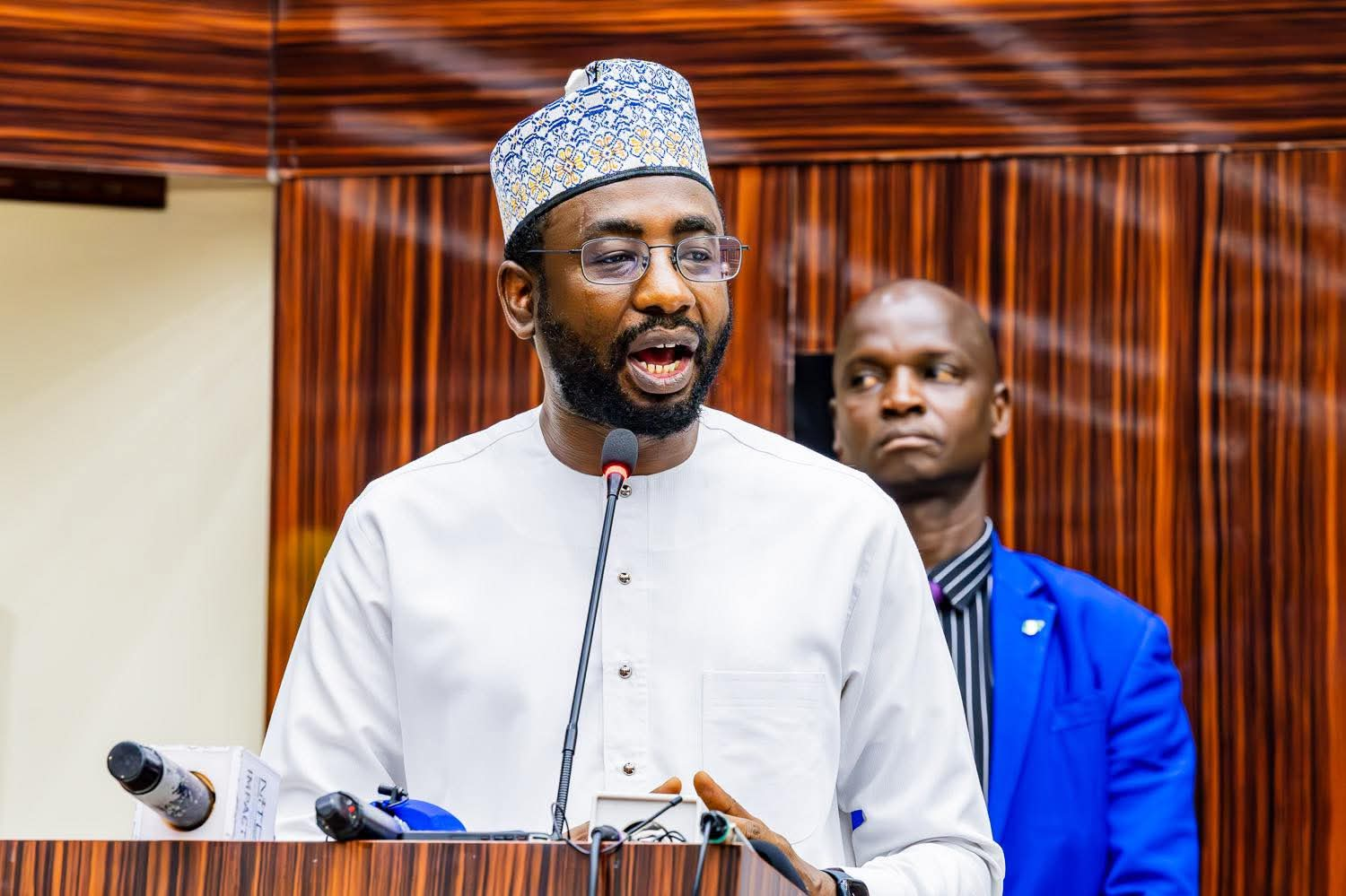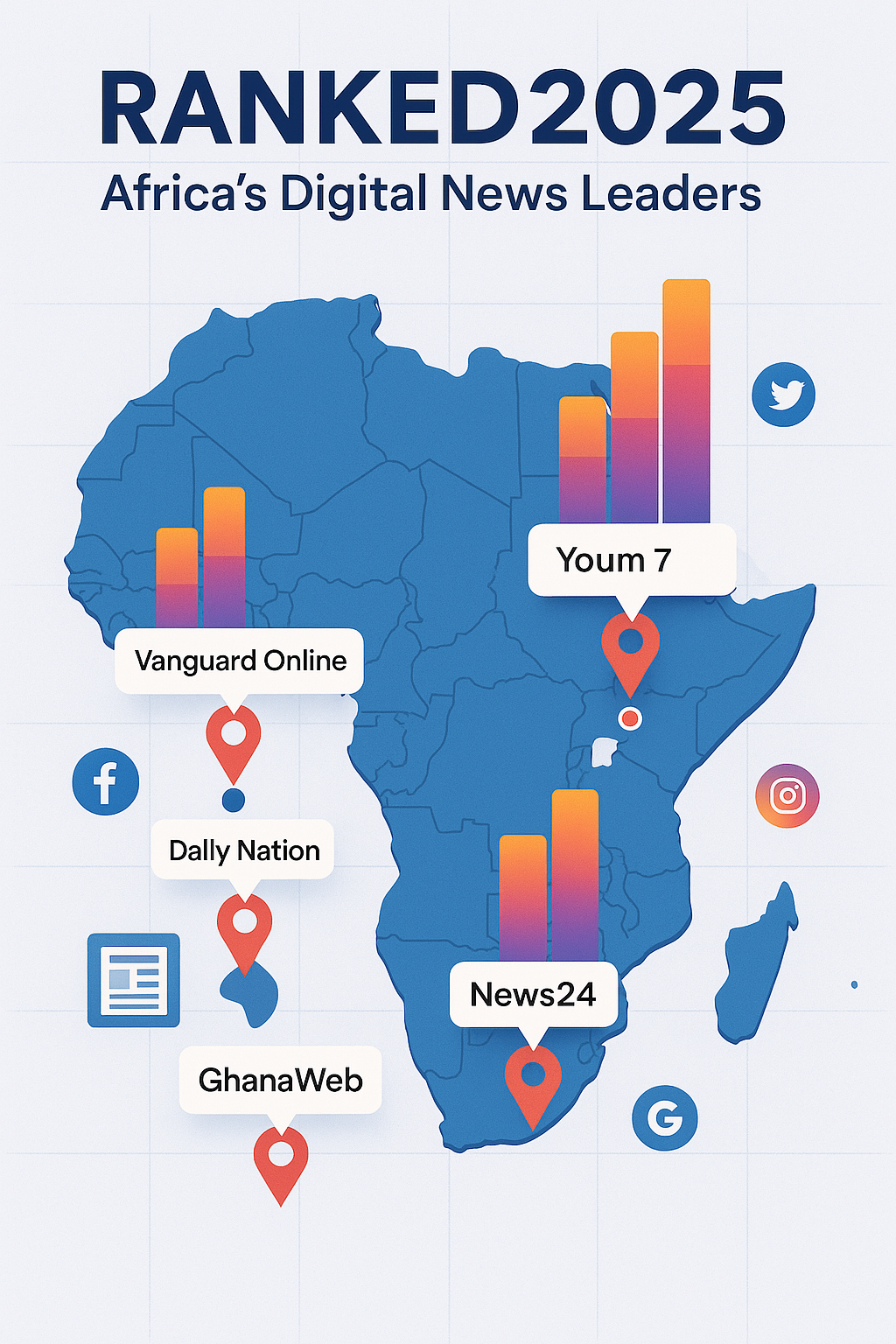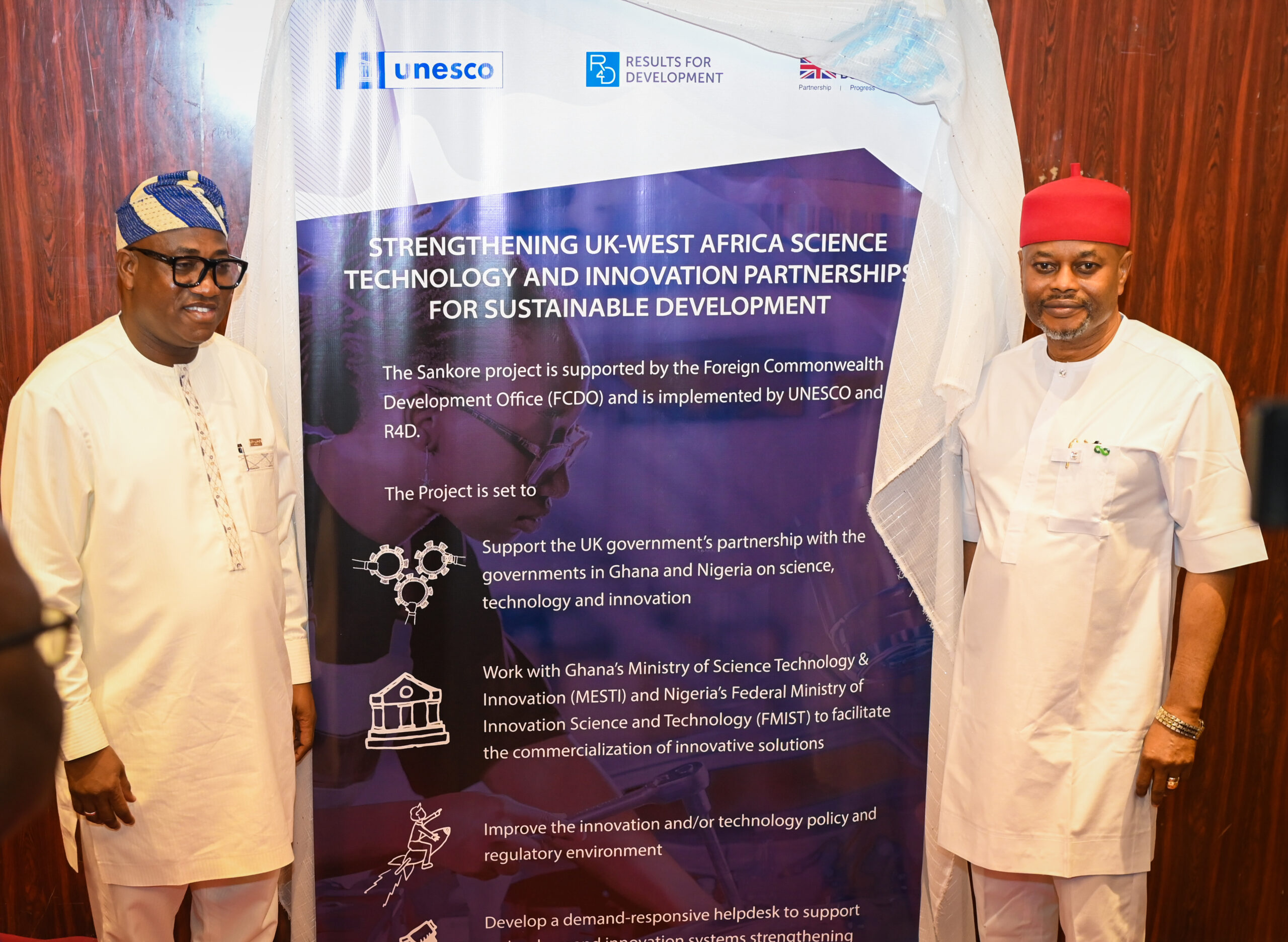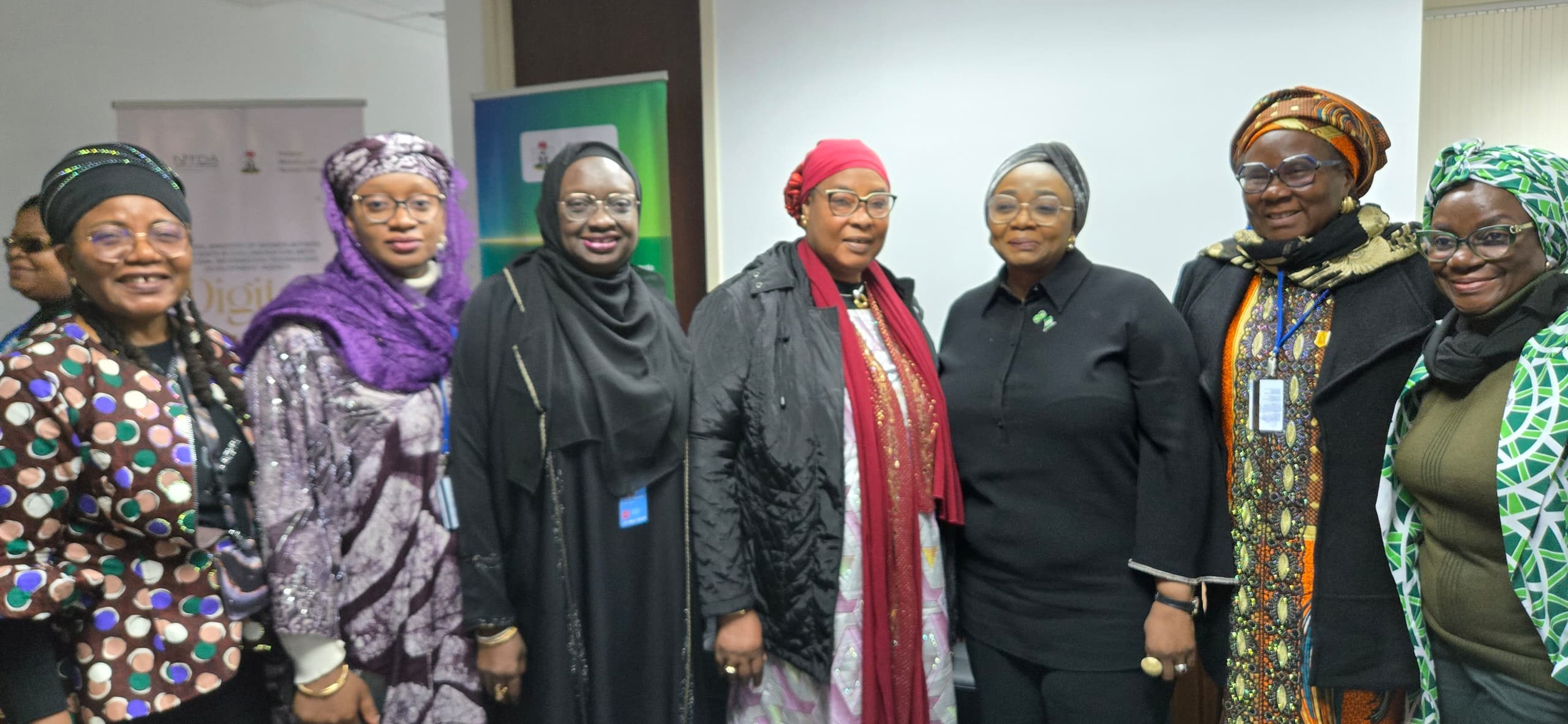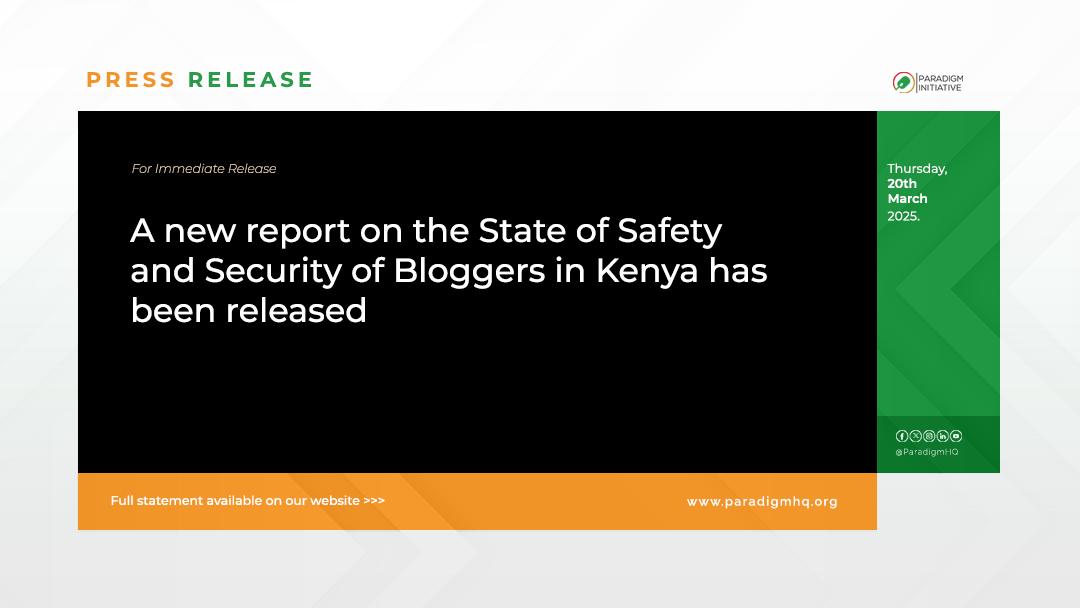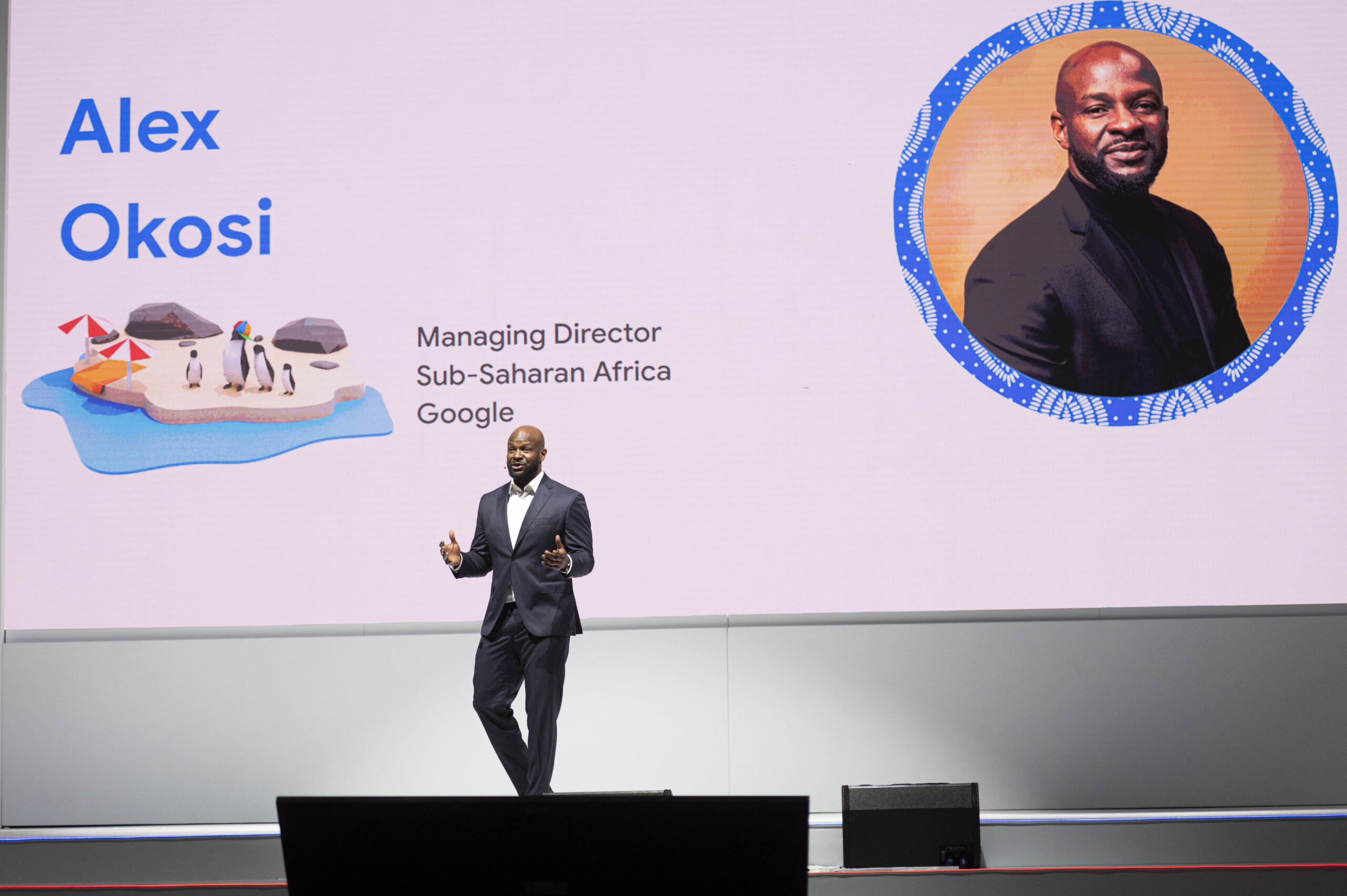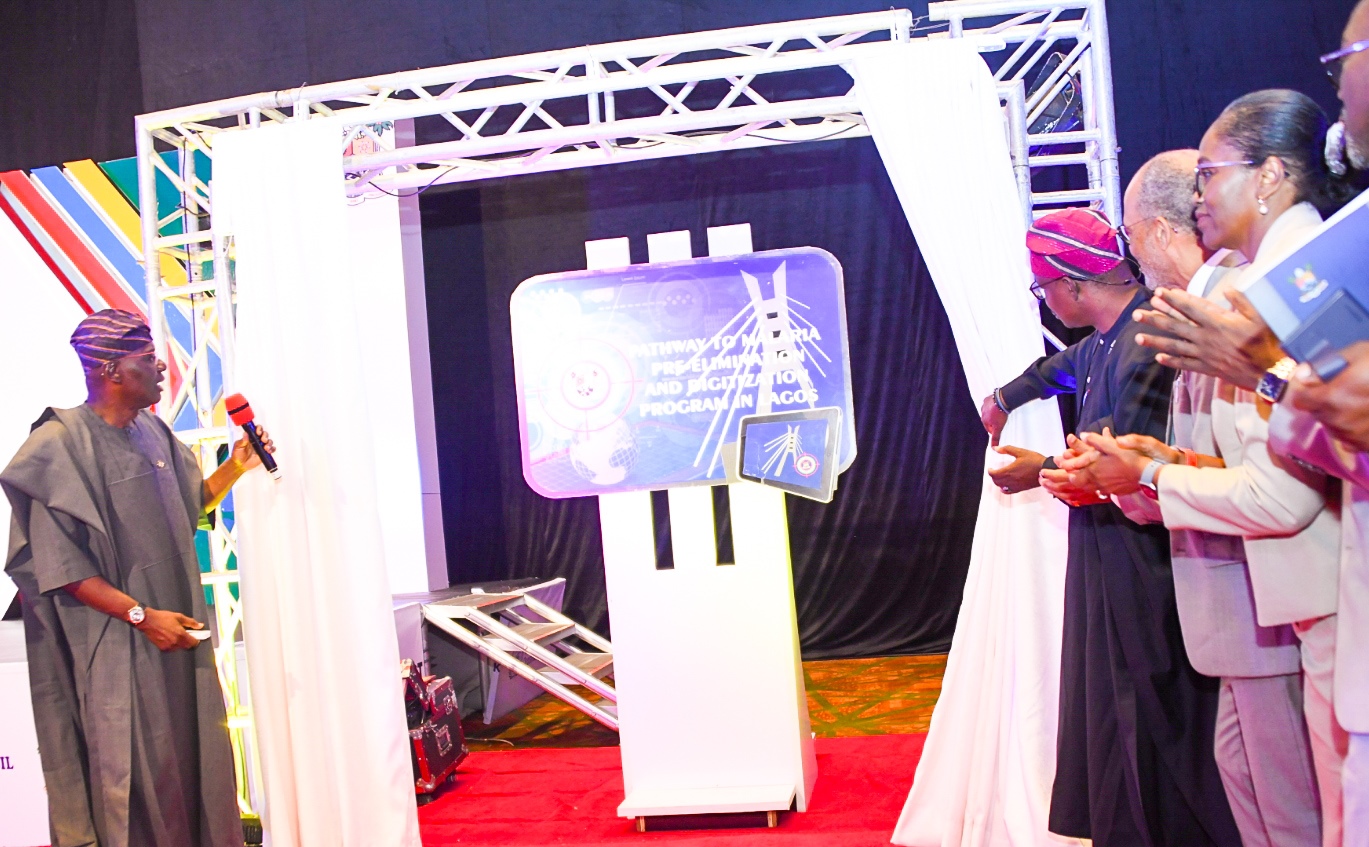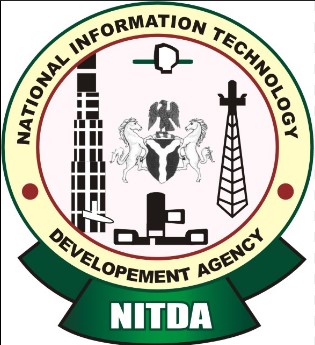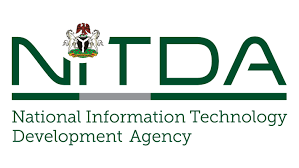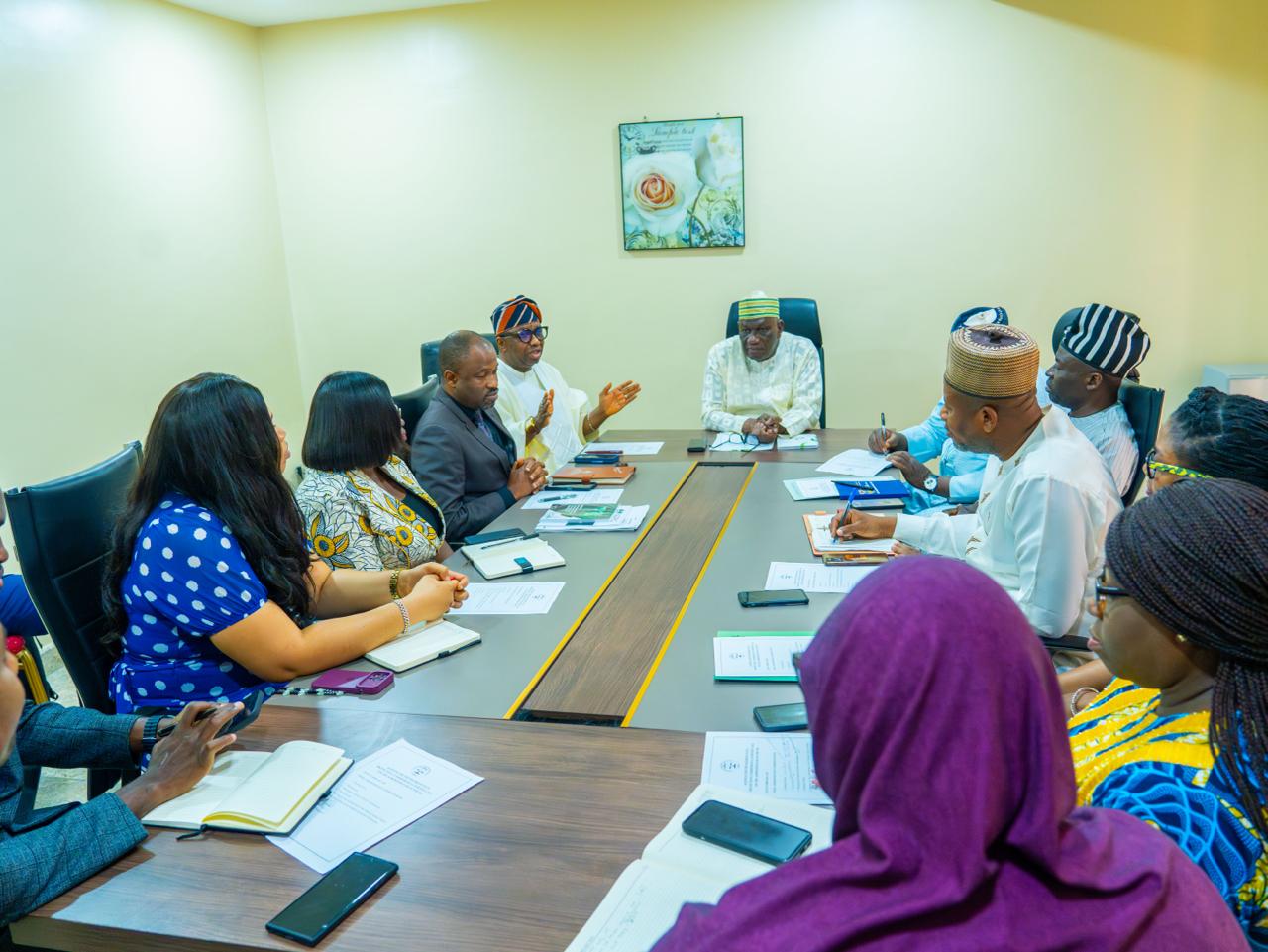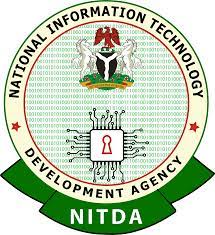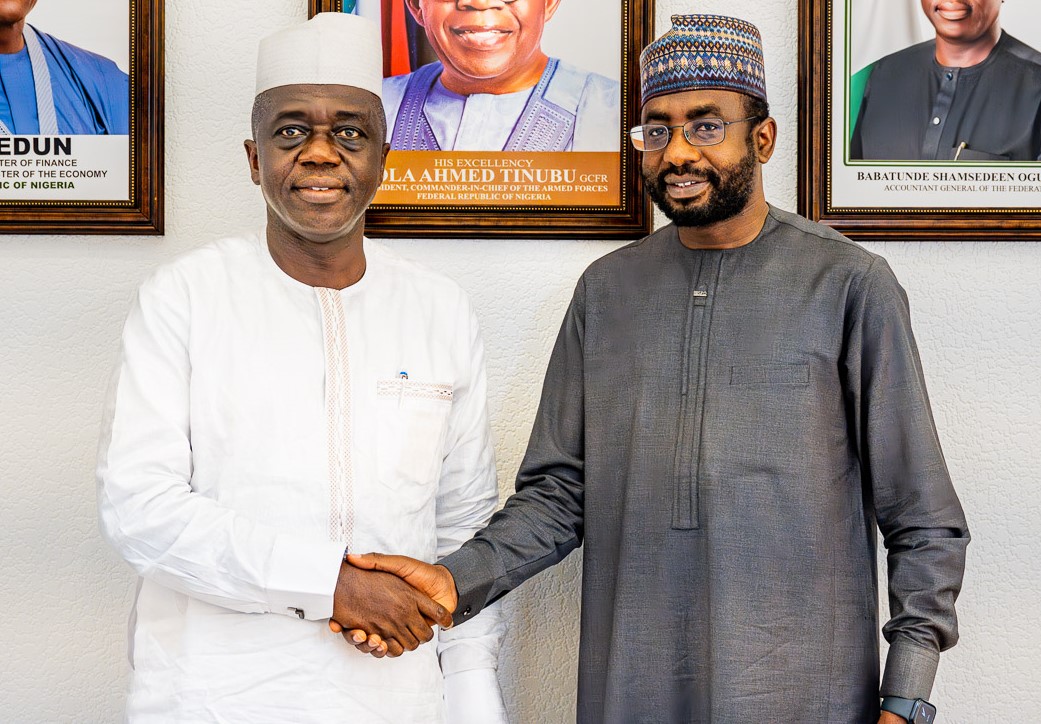
In line with President Bola Ahmed Tinubu’s Renewed Hope Agenda to enhance governance for effective service delivery, and with NITDA asserting its mandate as the clearing house for all government Information Technology, (IT) projects, the Agency has taken the campaign on the imperative of scrutinizing IT projects of the Federal Public Institutions to the Office of the Accountant General of the Federation, Office of the Auditor General of the Federation and Bureau of Public Procurement.
The visit focused on the presentation of NITDA’s Reviewed IT Project Clearance Guidance Document—an updated framework designed to standardise the planning, funding, and execution of IT projects in line with national digital economy goals. The document, a revision of the 2018 Guidelines for Clearance of IT Projects, emphasises cost-effectiveness, regulatory compliance, and transparency, reinforcing NITDA’s role as the clearing house for all government IT initiatives under the National Information Technology Development Act (2007.)
During these visits, NITDA’s Director General emphasised that the Agency cannot work in isolation to achieve the Renewed Hope Agenda of transforming the economy digitally. “And we need to explore how we can strengthen our partnerships and collaborations in line with the President’s agenda.”
He averred that there is need to be more focused and intentional in the implementation of IT projects if the country wants to maintain its leading position in Africa. “56 percent IT projects failed to deliver on what were promised because we go for latest technology, and failure to design before building the technology and lack of consideration for the business value proposition we are trying to deliver with the projects, he decried.
Inuwa informed his hosts that in order to safeguard against that, NITDA has reviewed the IT Clearance Guideline because experience has shown that most Ministries, Departments and Agencies build IT projects based on the proposal submitted to them by the contractors who would design the projects, implement them and operate them which give no room for accountability and transparency and that has led to the failure of many IT projects.
“We are building a digitized government service; and government is one. We need to work together, work harmoniously, the same way IT system works to deliver these services. For us to achieve this, we need to be more intentional in the way we design, and implement. And if we continue to design and implement in silos, they will never work together, he warned.
He maintained that the idea behind the reviewed guideline is to ensure that IT projects are designed in line in line with the mindset of interoperability in order for Ministries Departments and Agencies, (MDAs) to explore shared services and follow the best practices and standard.
“The guideline will guide MDAs on how to design, operate and how to maintain system because building of these systems is beyond technology but people, processes and key components of that are paramount.
NITDA Strengthens IT Project Oversight with Key Stakeholders to Combat Corruption and Standardise Procurement
According to the Director General, the proposed guideline has three steps of IT projects implementations which are; the Solution Design, the Implementation and Quality Assurance steps. He added that going forward; contractors are required to get license and certified employees on these three steps for their companies before government’s IT projects could be awarded to them.
“These measures are designed to eliminate corruption, prevent duplication, and ensure that government IT initiatives are structured to create meaningful change—fostering efficiency, equity, and fairness in public service.”
At the Bureau of Public Procurement, the Director General, Dr. Adebowale Adedokun stressed the significance of standardising IT Project Bidding Documents. He remarked, “It is disheartening that organisations misuse IT projects to siphon public funds—resources that could otherwise be channeled towards impactful initiatives that can transform the country.
He disclosed that MDAs come with IT projects that were adopted without standardisation and guideline “but with this new guideline our decision should pave ways for the development of the IT sector of the country.”
While describing the meeting as crucial to eradicate corruption in the implementation of IT projects, he noted that because most IT projects component are intangible, official leverage them to siphon public fund, adding that the Bureau has developed a standard bidding document for the IT procurement.
He said, “We have huge responsibility with NITDA to avoid corruption, duplication of IT projects and ensure transparency and accountability in the award of IT projects for the Federal Public Institutions. It is disheartening that we are consuming resources that can be deployed to meet other needs of the country and we need to stop this and say no to wastage.”
He tasked NITDA to reconsider service-wide procurement of licenses of organisations like Microsoft, Oracle and others, and also develop a template for IT Price Intelligence which the Bureau can rely on for costing. “We are not IT experts, if NITDA can help us with data on the prices of IT related products which can serve as benchmark for pricing, it will go a long way in our review.
Dr Adedokun equally canvassed for capacity building for the government’s staff in IT cadre so they would not be outsmarted by contractors. Both NITDA and BPP agreed to constitute a working committee that would work out modalities for the realisation of the entire intended plan and sign a Memorandum of Understanding on its implementation.
At the Office of the Auditor General of the Federation, the Auditor General of the Federation, Shaakaa Kanyitor Chira, remarked that NITDA needs to be commended for its thoughtfulness for bringing the guideline forward for its review and inputs. He assured that once the policy becomes operational, the Office of the Auditor General will conduct a performance audit to assess whether it is effectively contributing to the betterment of the country.
Similarly, the Accountant General, Shamseldeen Ogunjimi, commended NITDA’s efforts to standardise IT project implementation and expressed readiness to support the integration of the clearance guidelines into financial processes.
By presenting the Reviewed IT Project Clearance Guidance Document, NITDA aims to ensure that the AGF’s financial oversight aligns with its vision of a digitally transformed public sector. The collaboration is expected to enhance service delivery, curb inefficiencies, and position Nigeria as a leader in technology-driven governance.
It could be recalled that NITDA, in 2018 unveiled the Guideline for IT Project Clearance and the Agency has been able to save over N300 billion for the country in its effort at clearing IT project.
Stay informed and be part of Nigeria’s digital transformation journey. Follow LouisaOlaniyi.com.ng for in-depth policy insights, governance updates, and reforms shaping a more transparent public sector.






